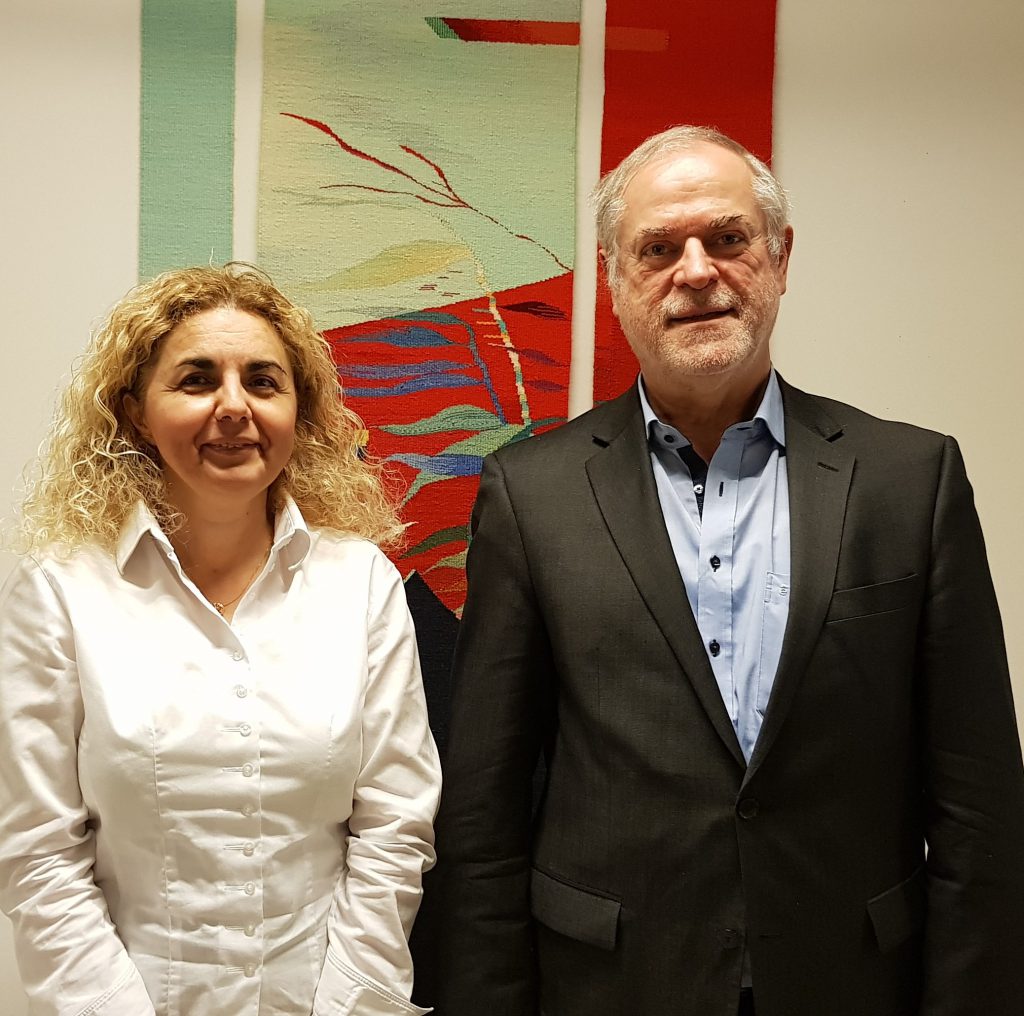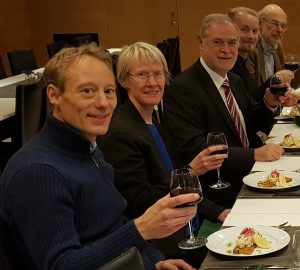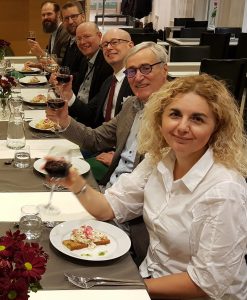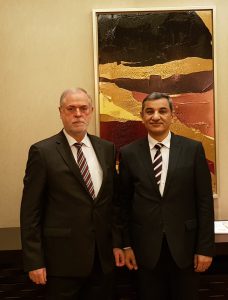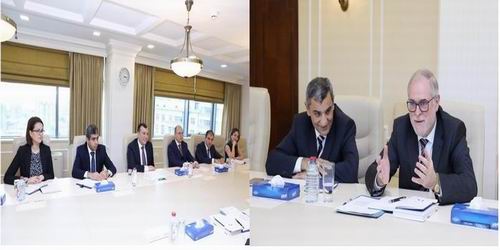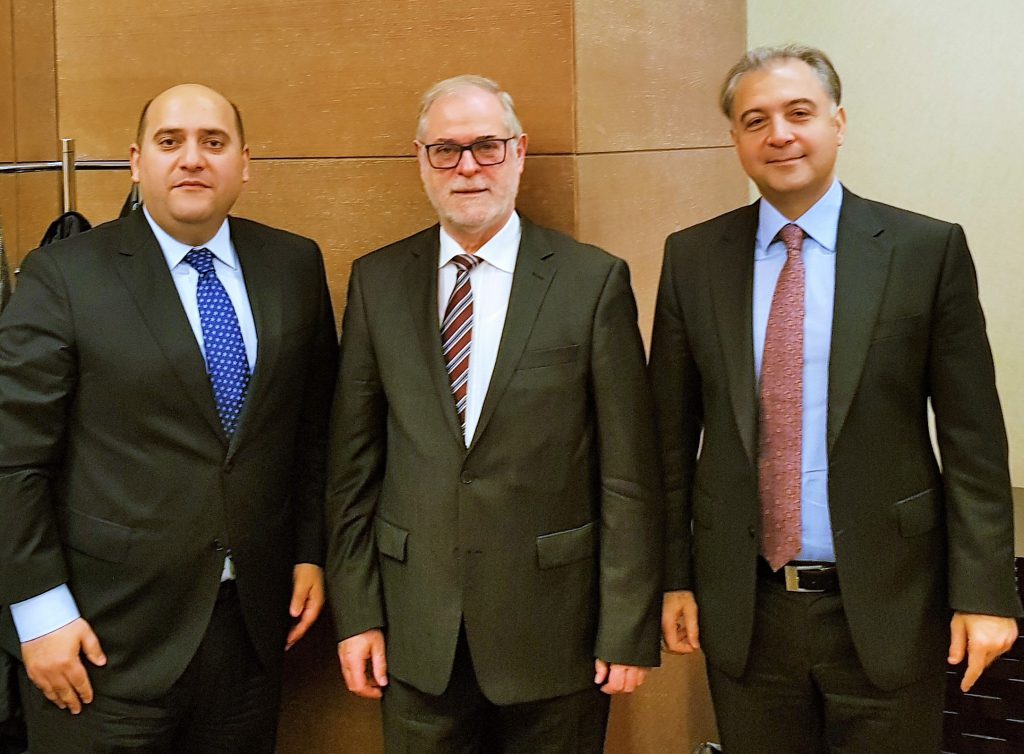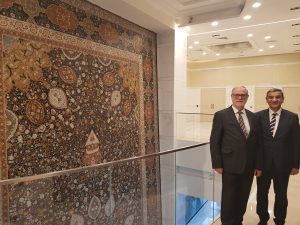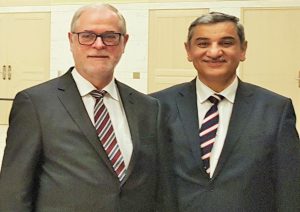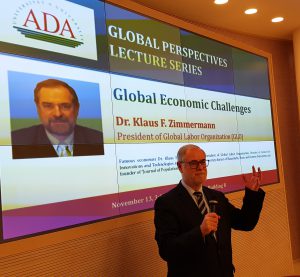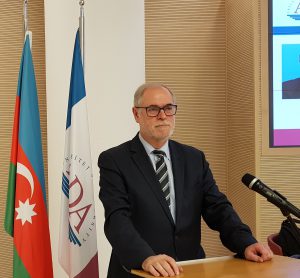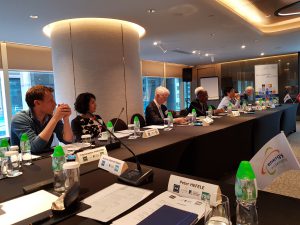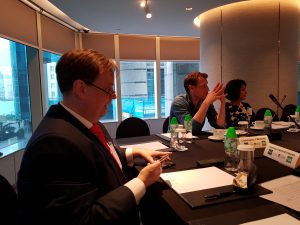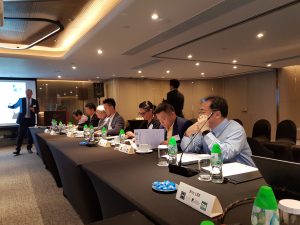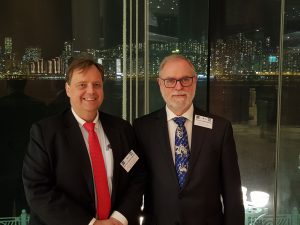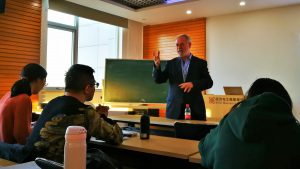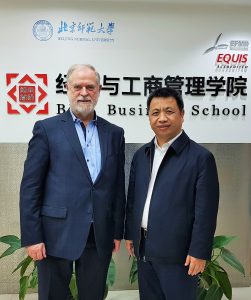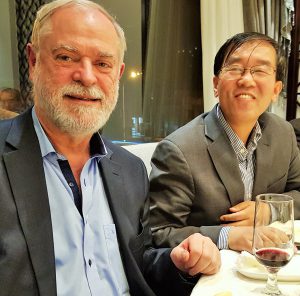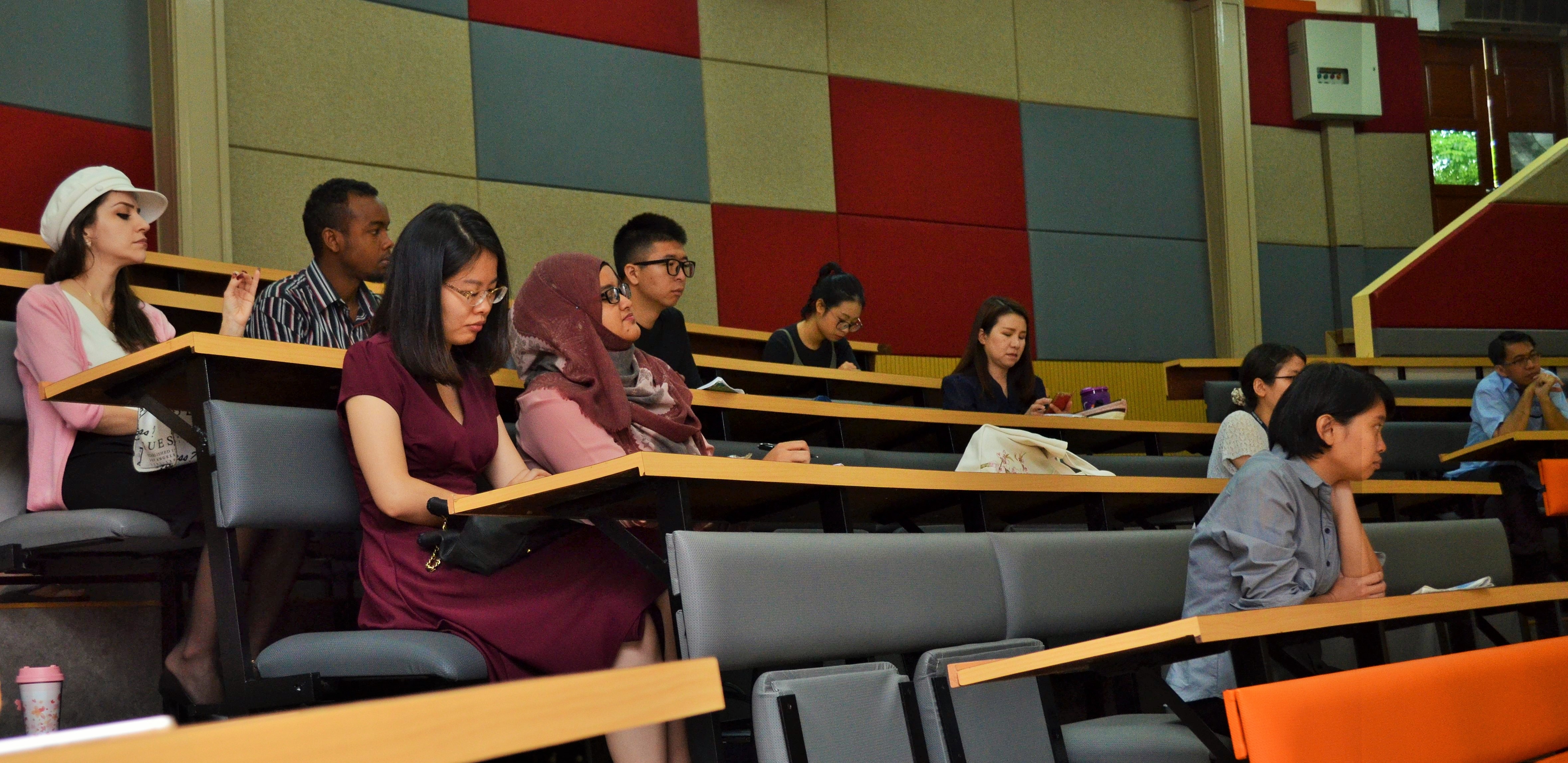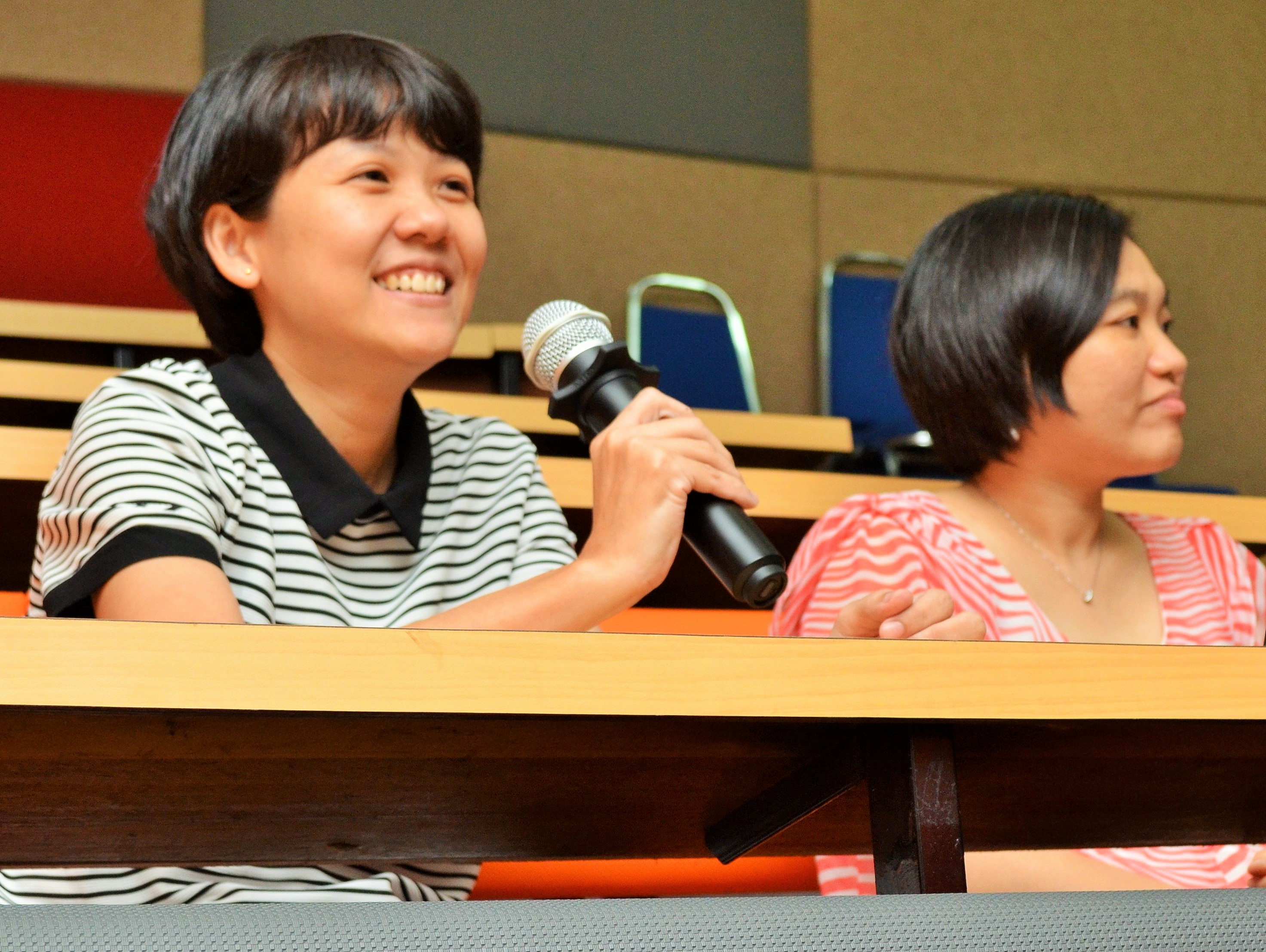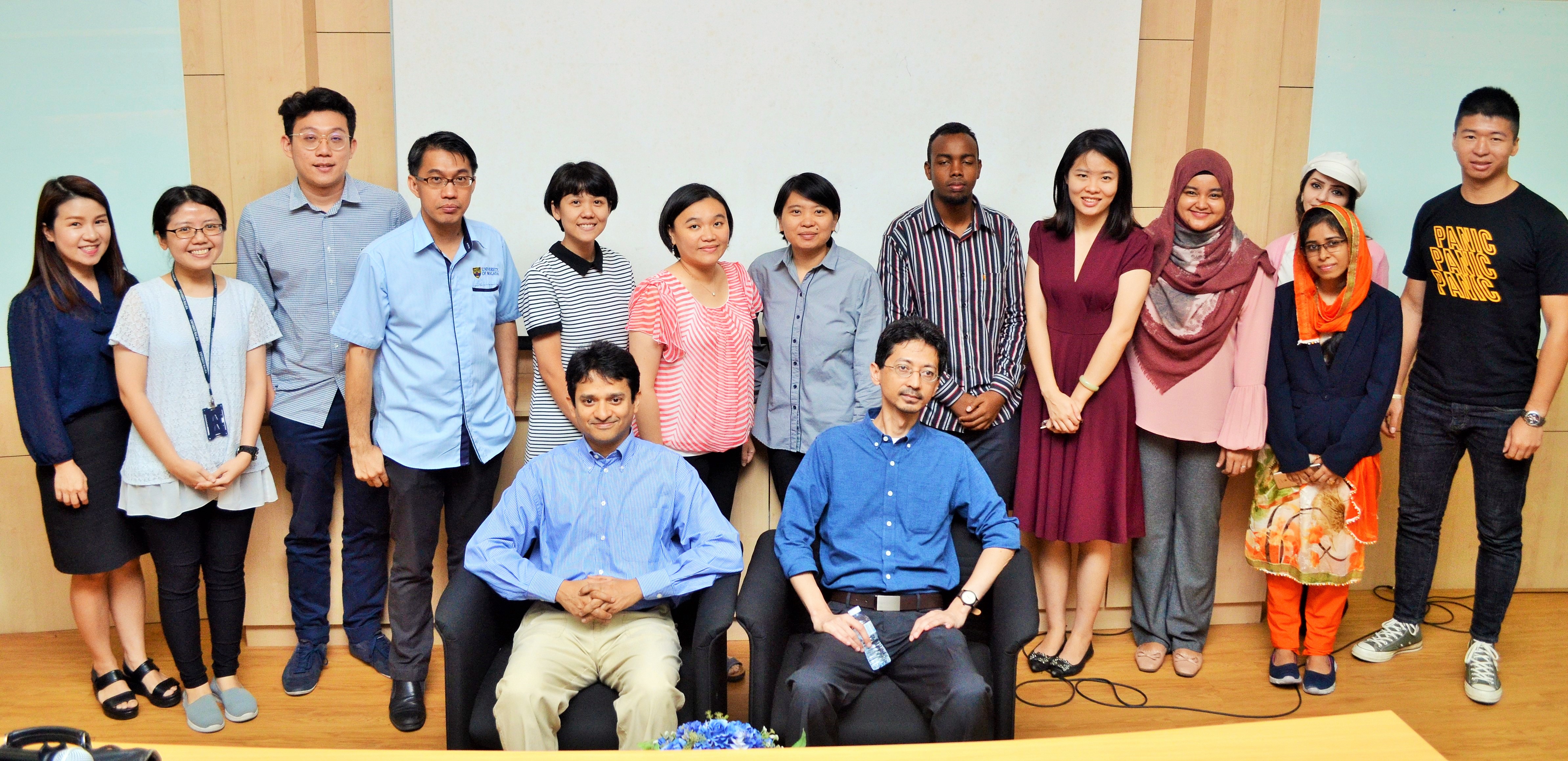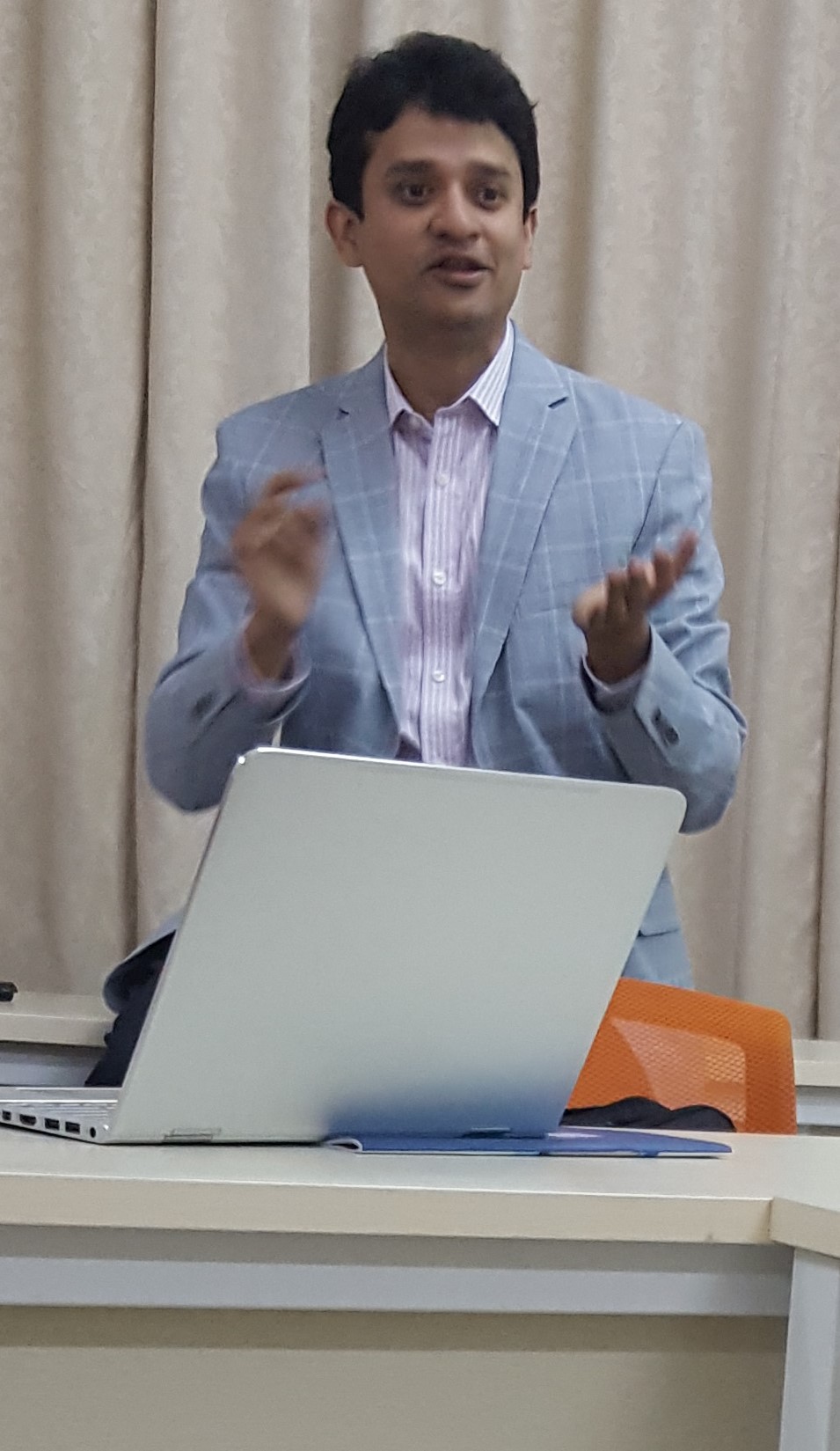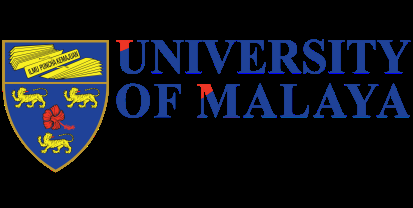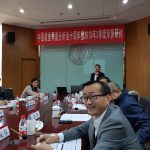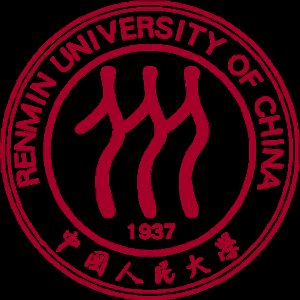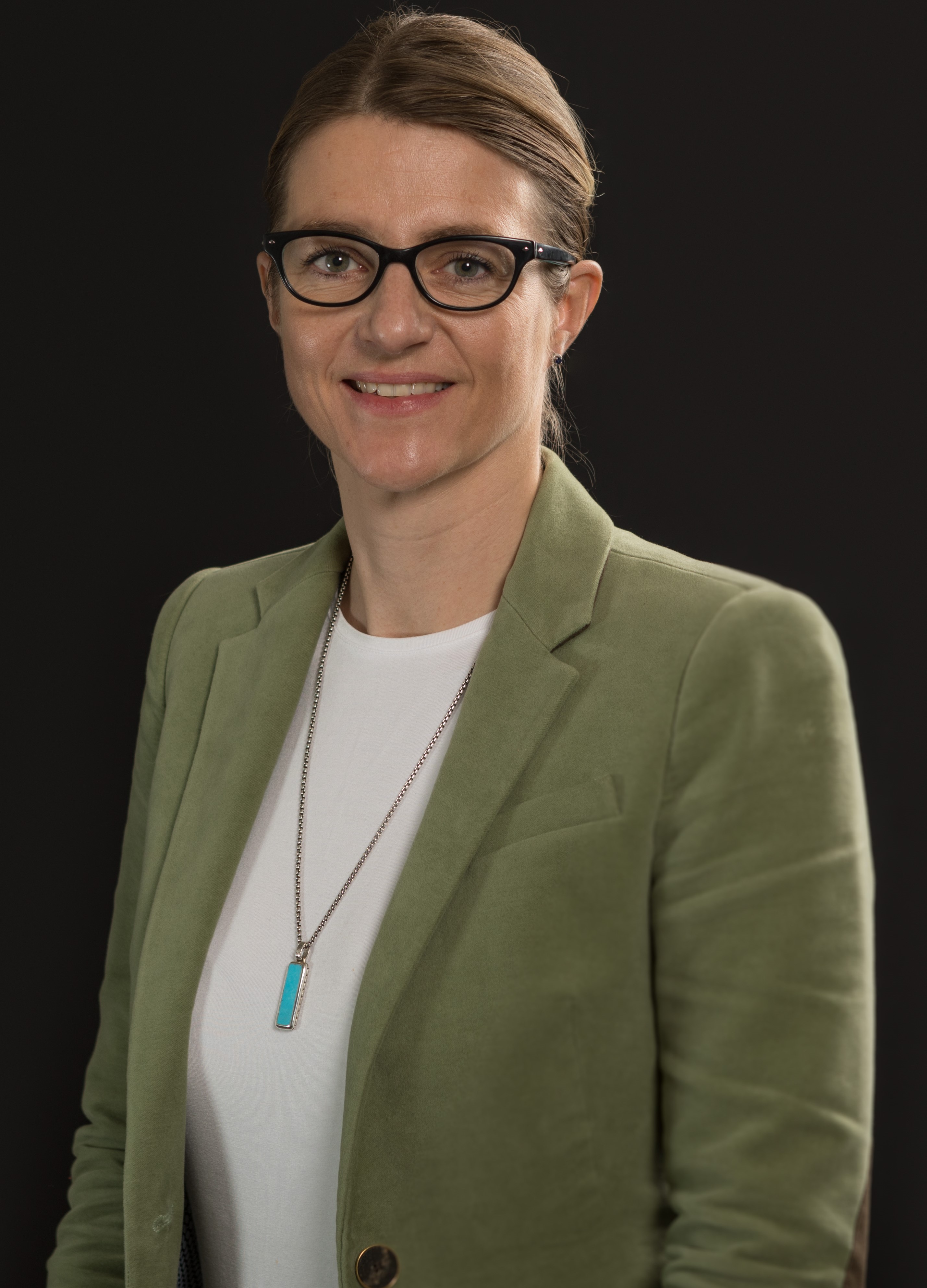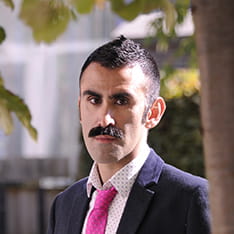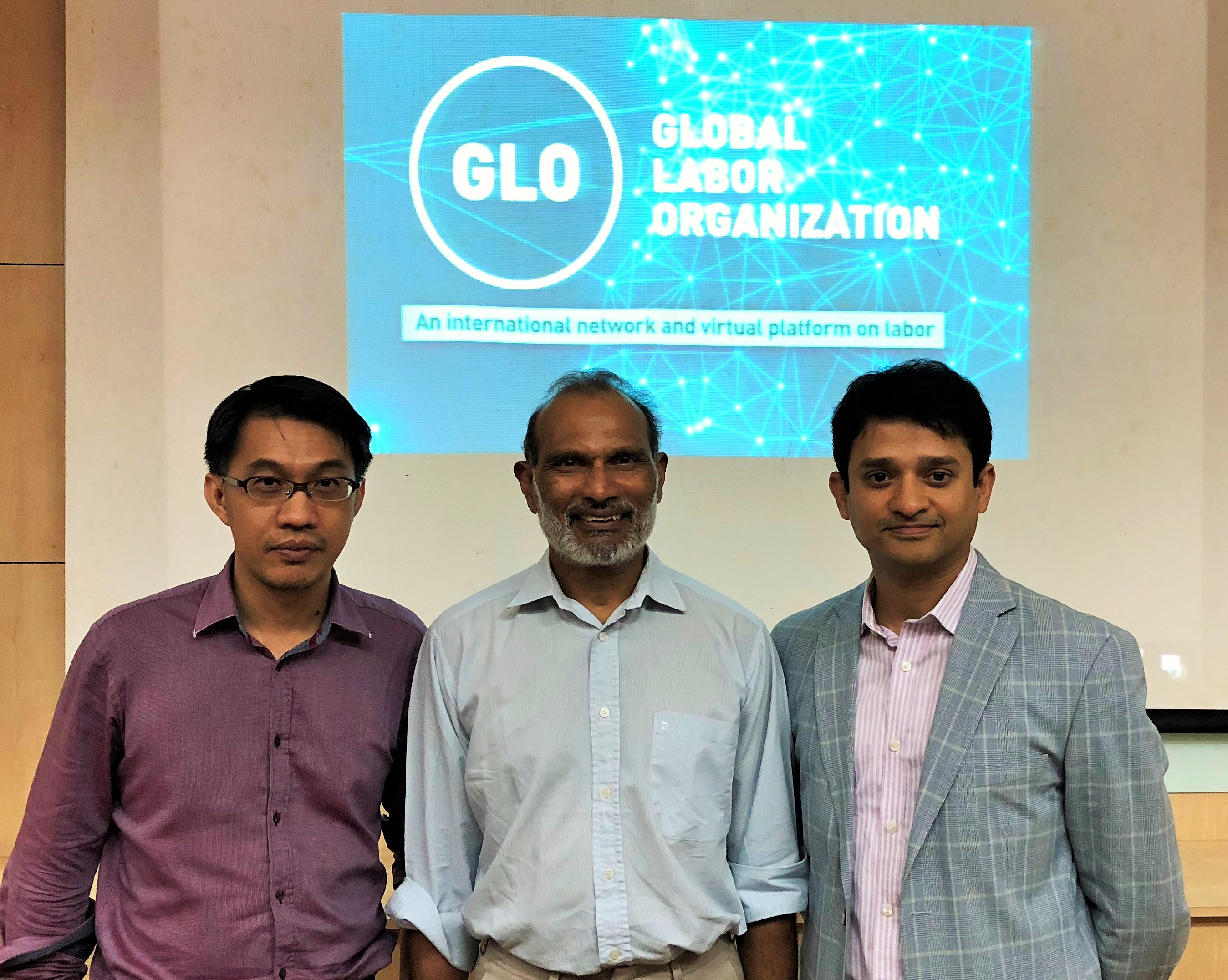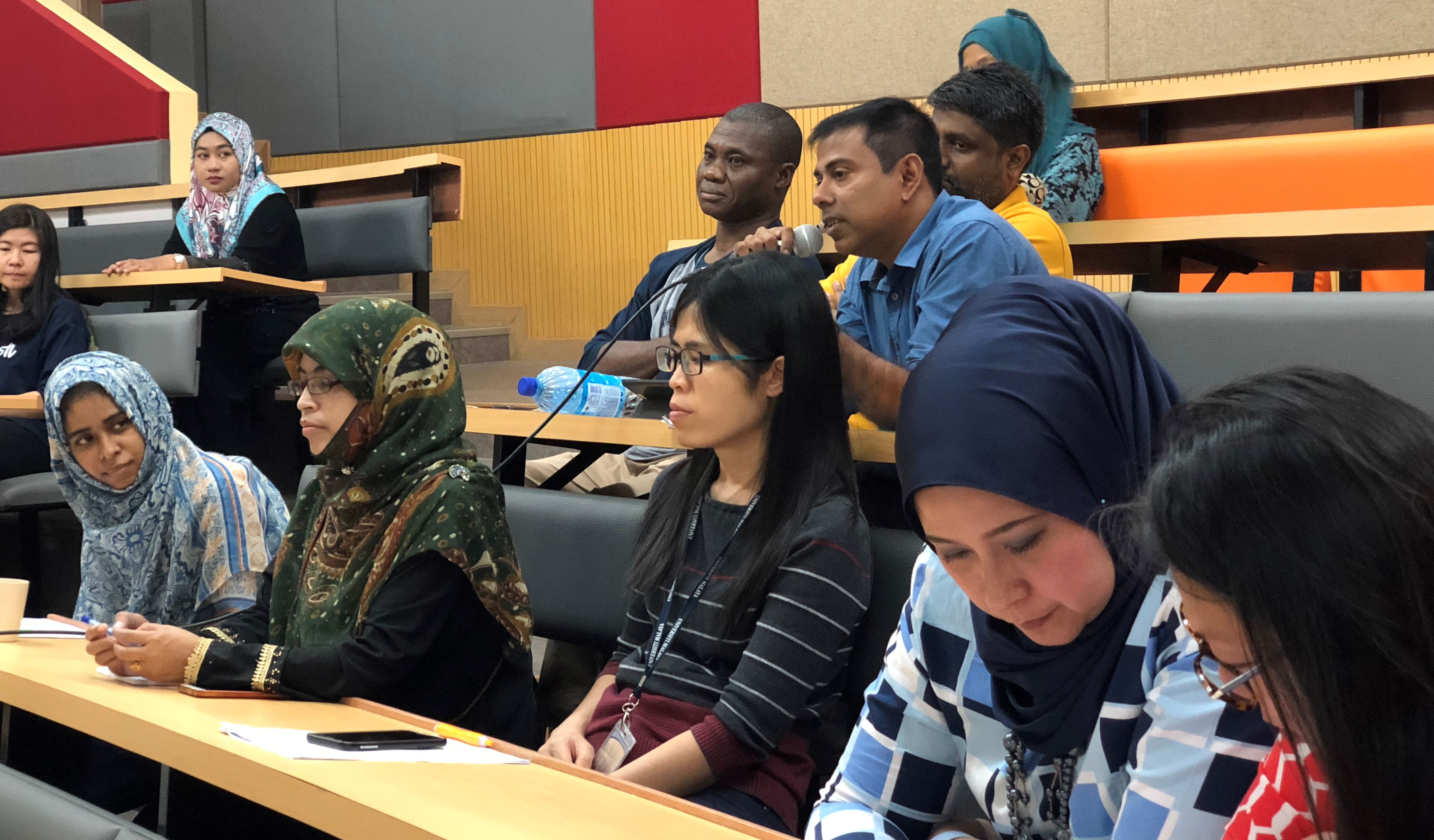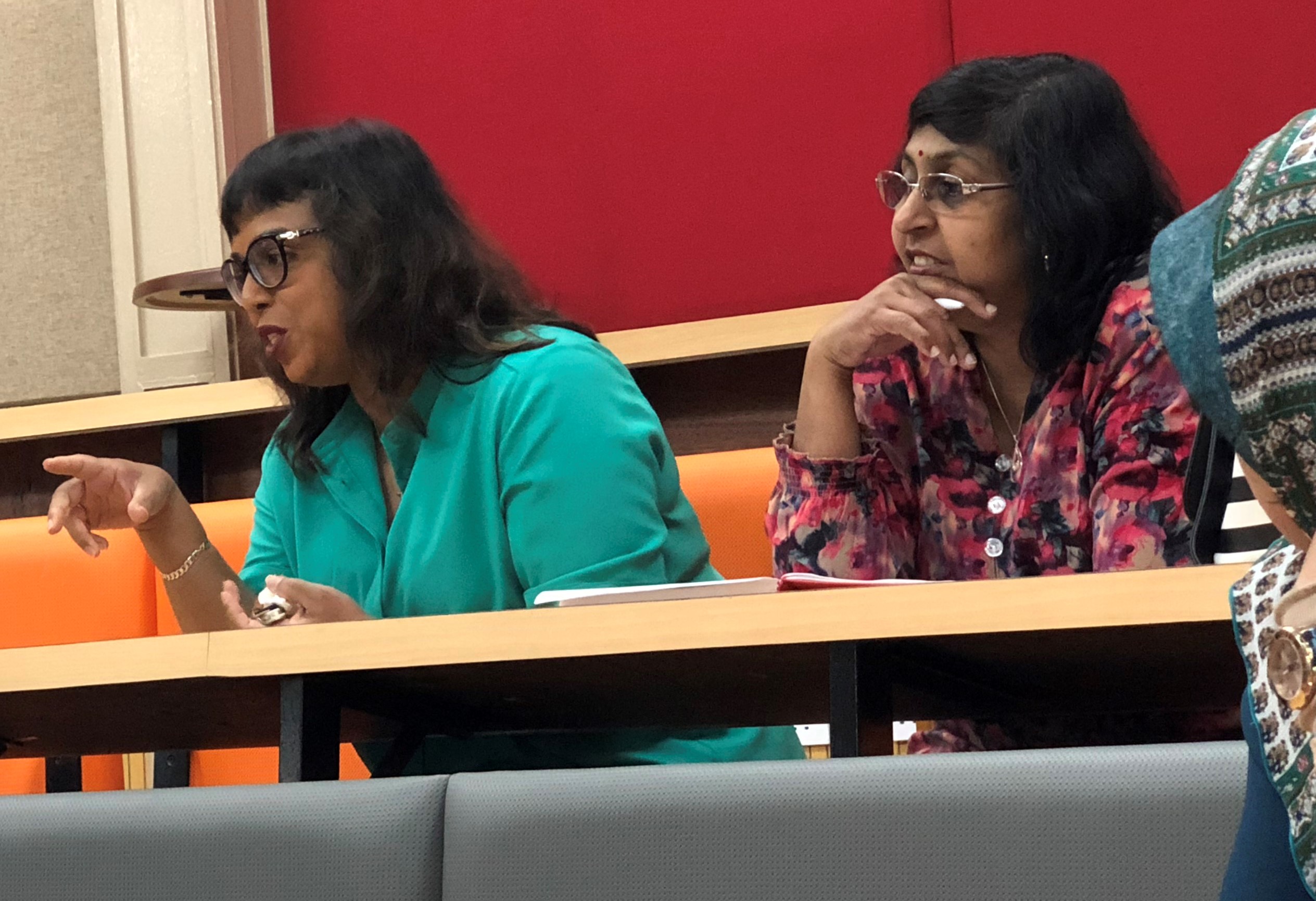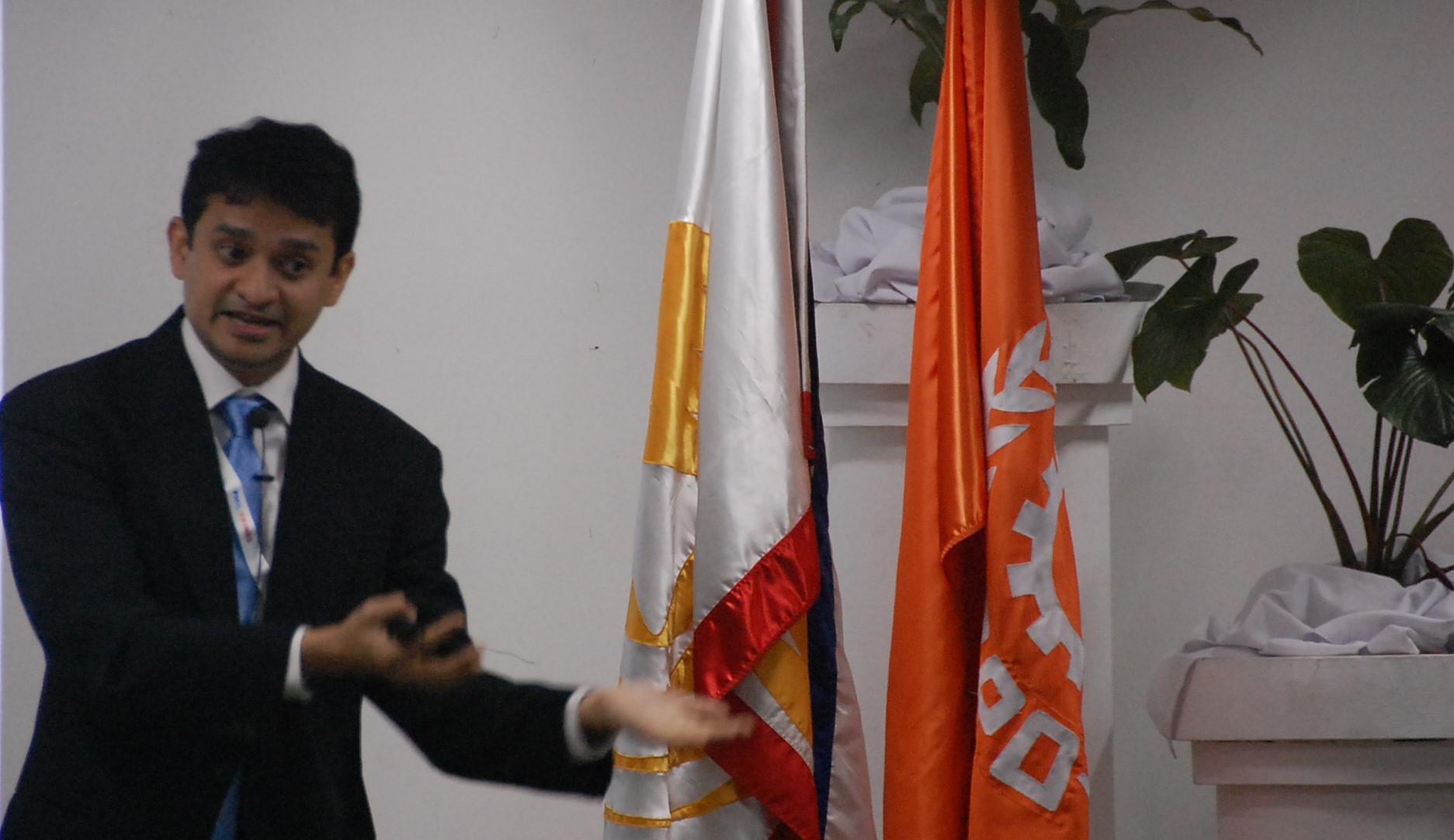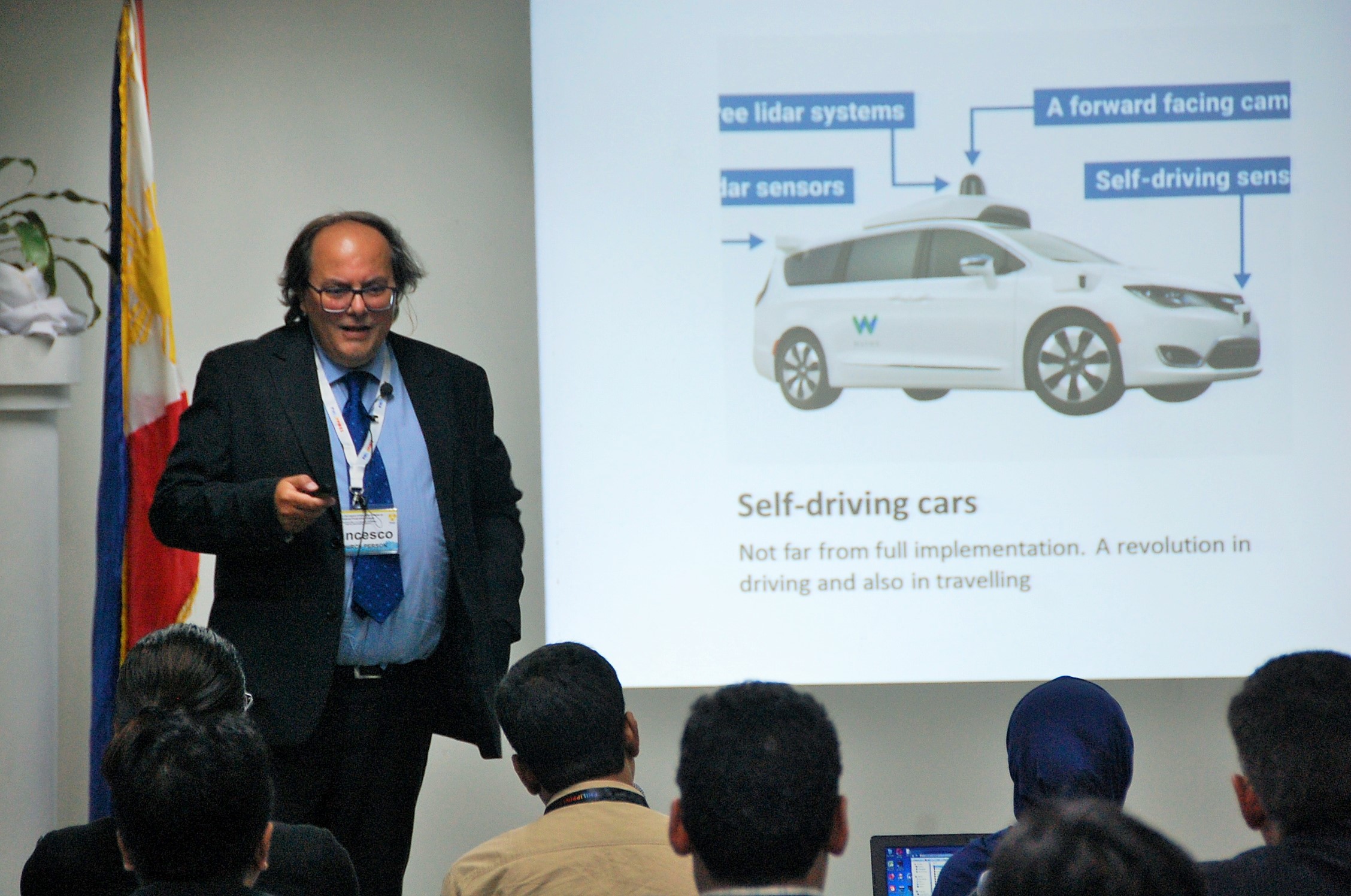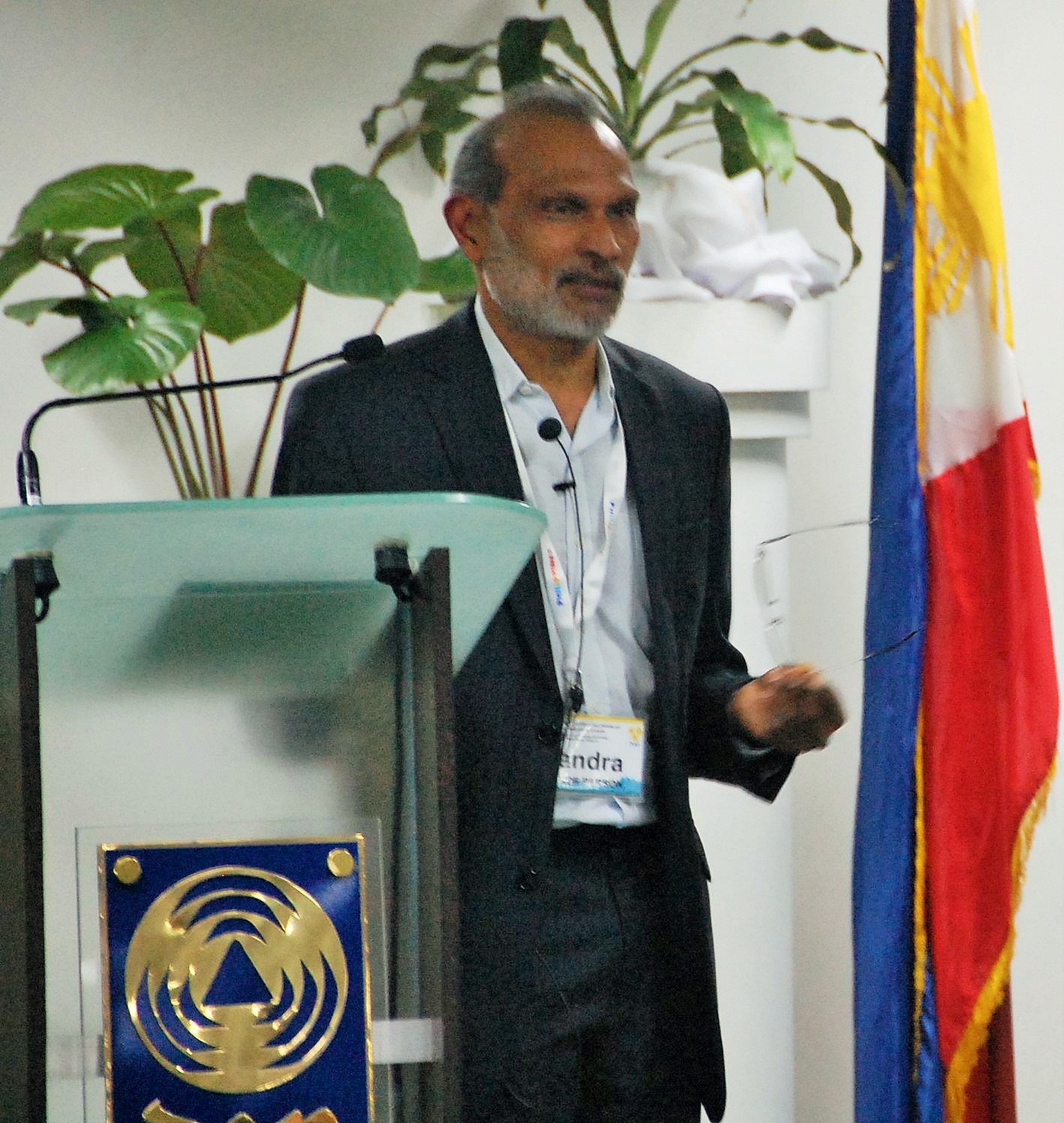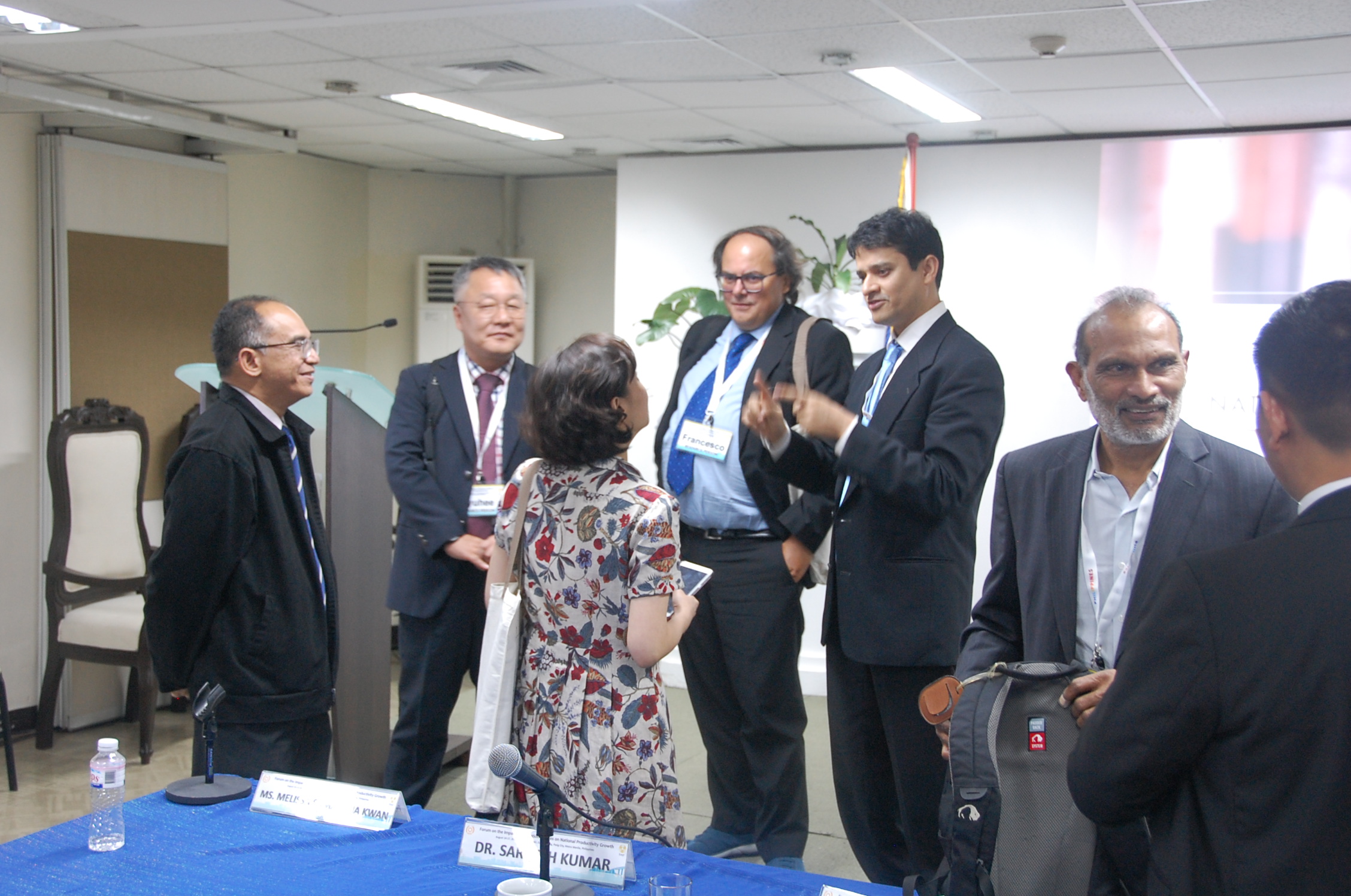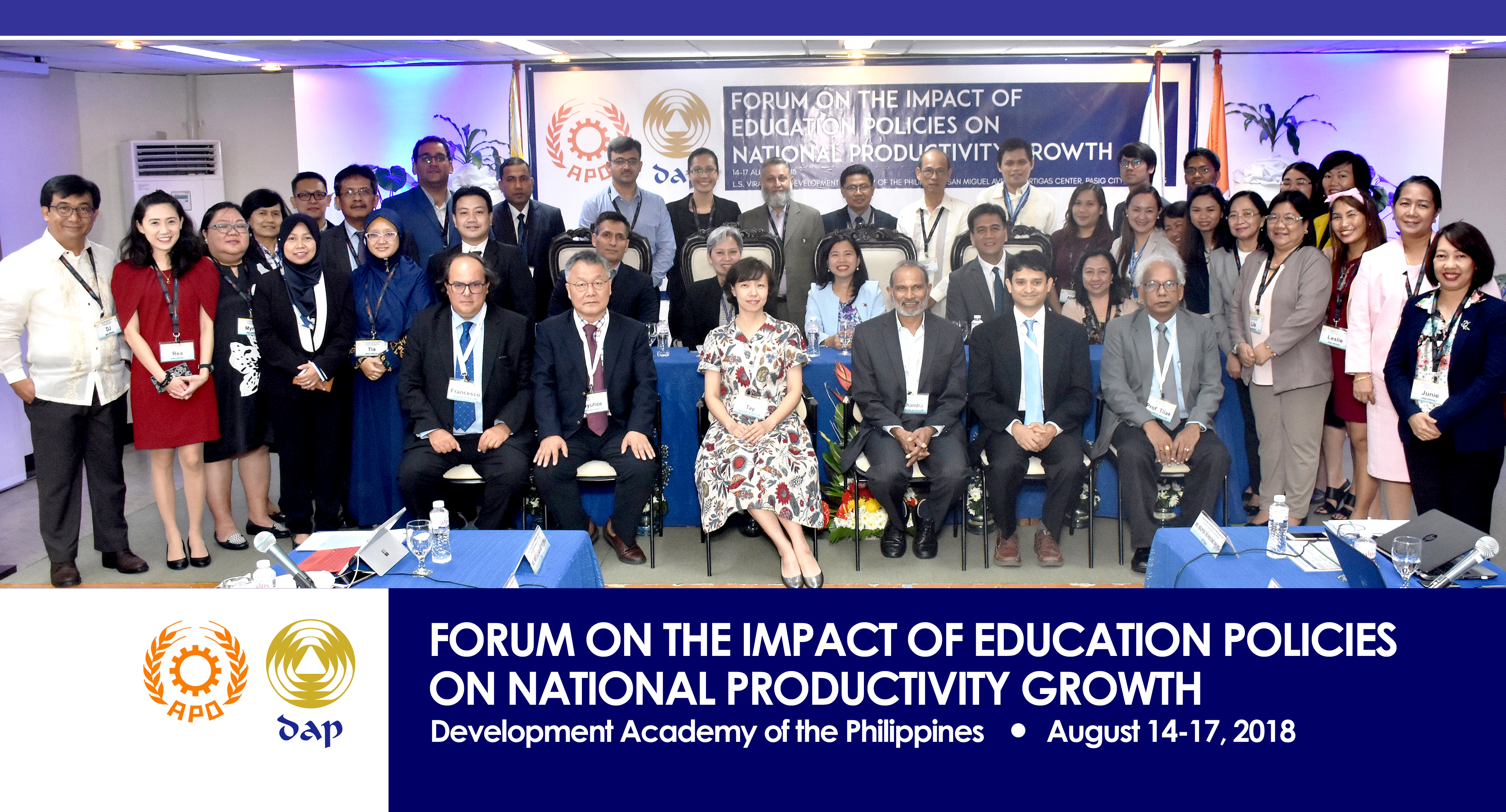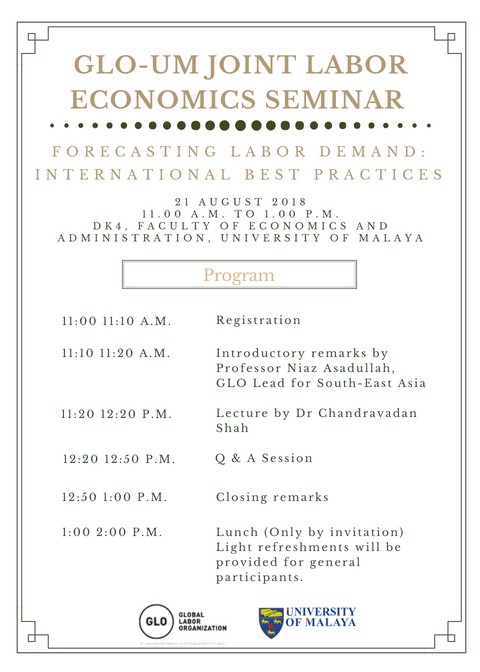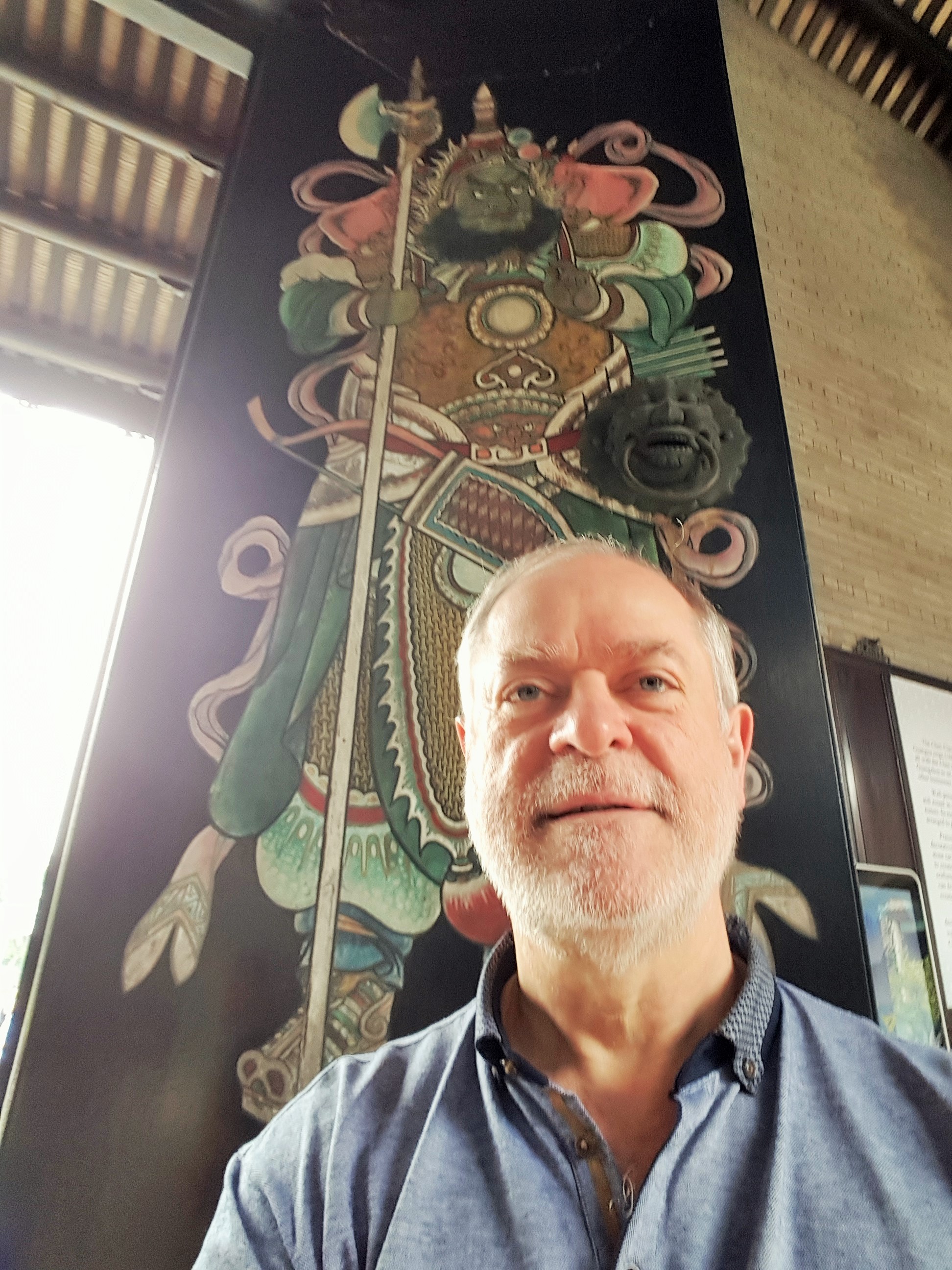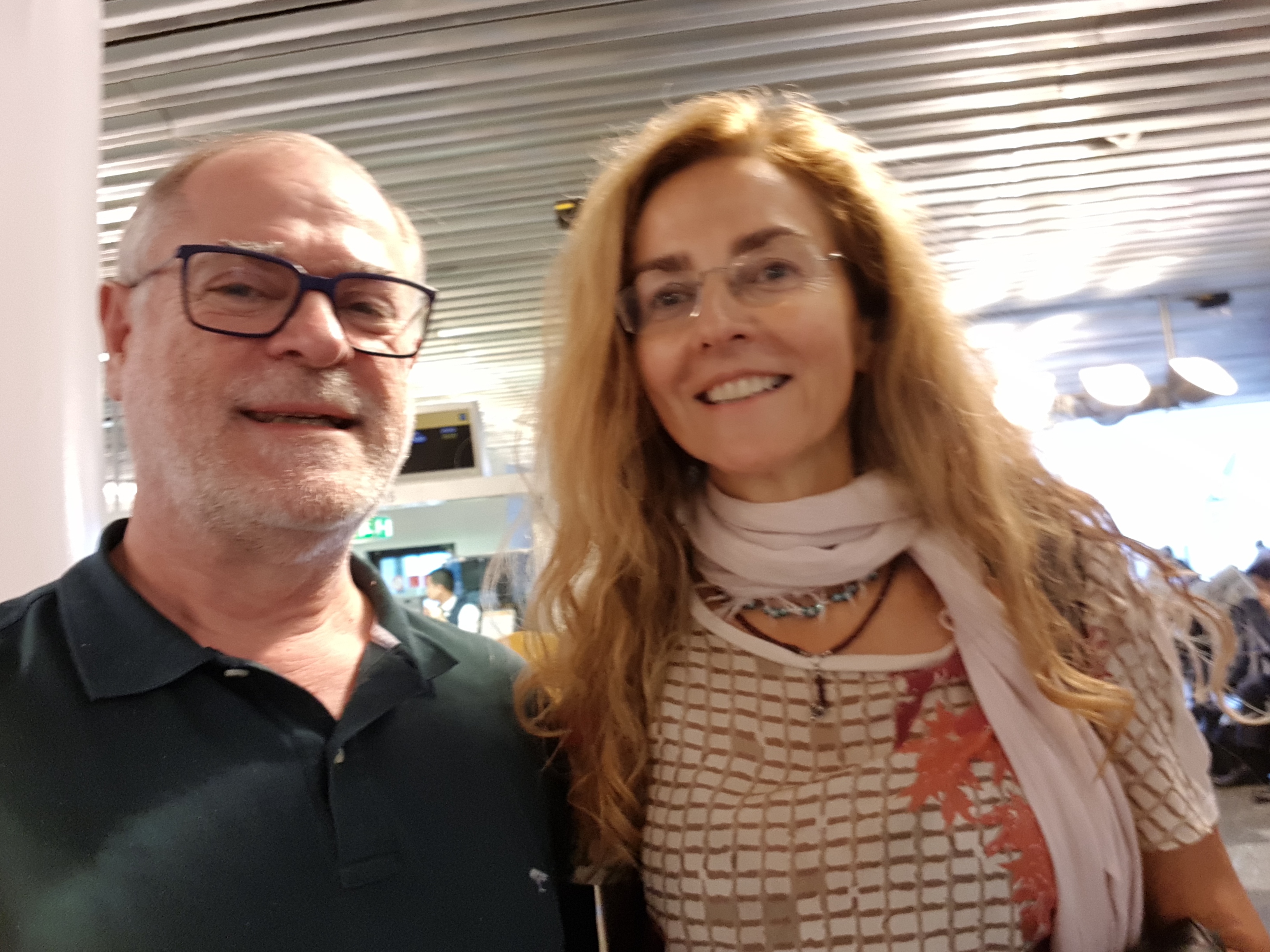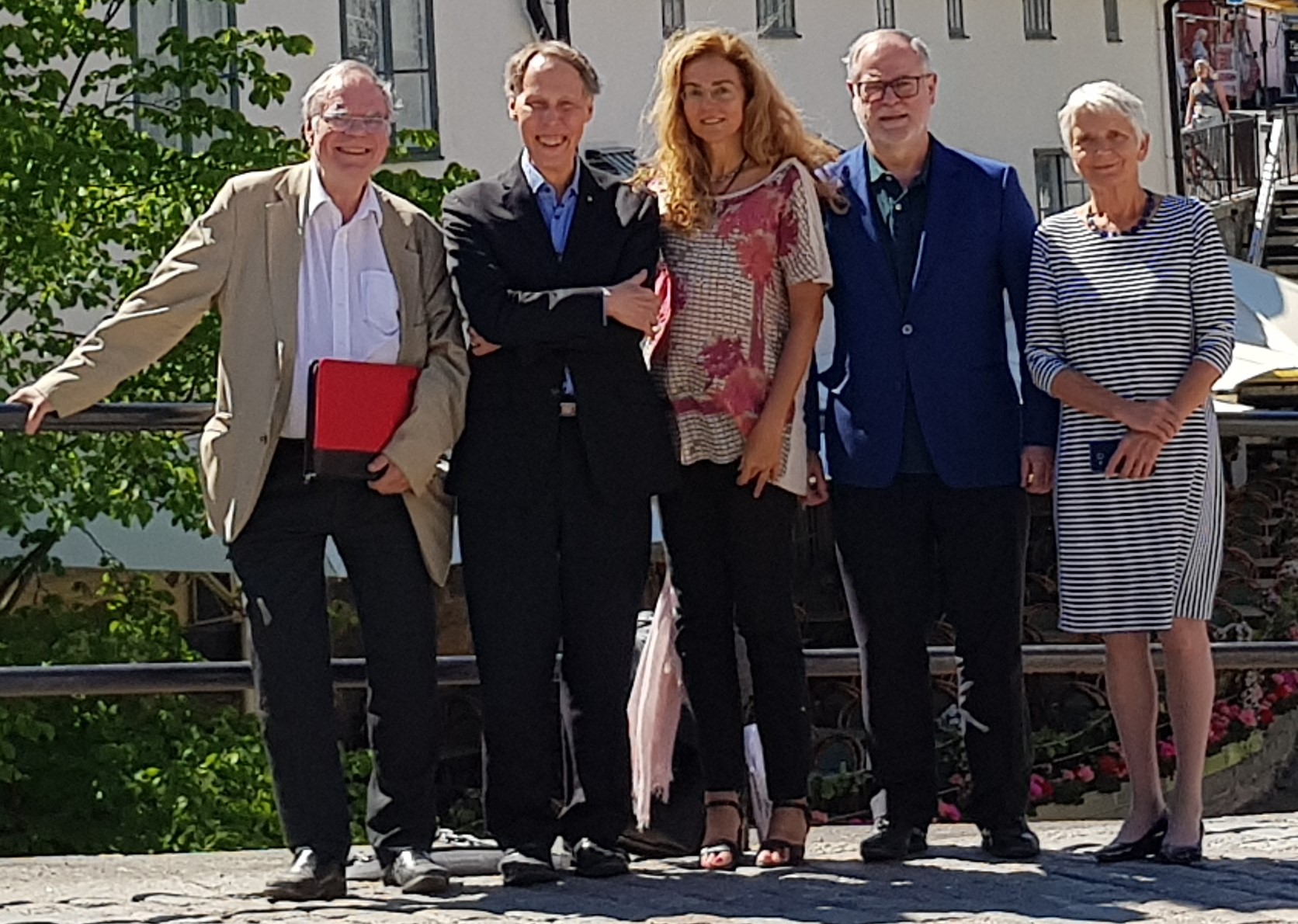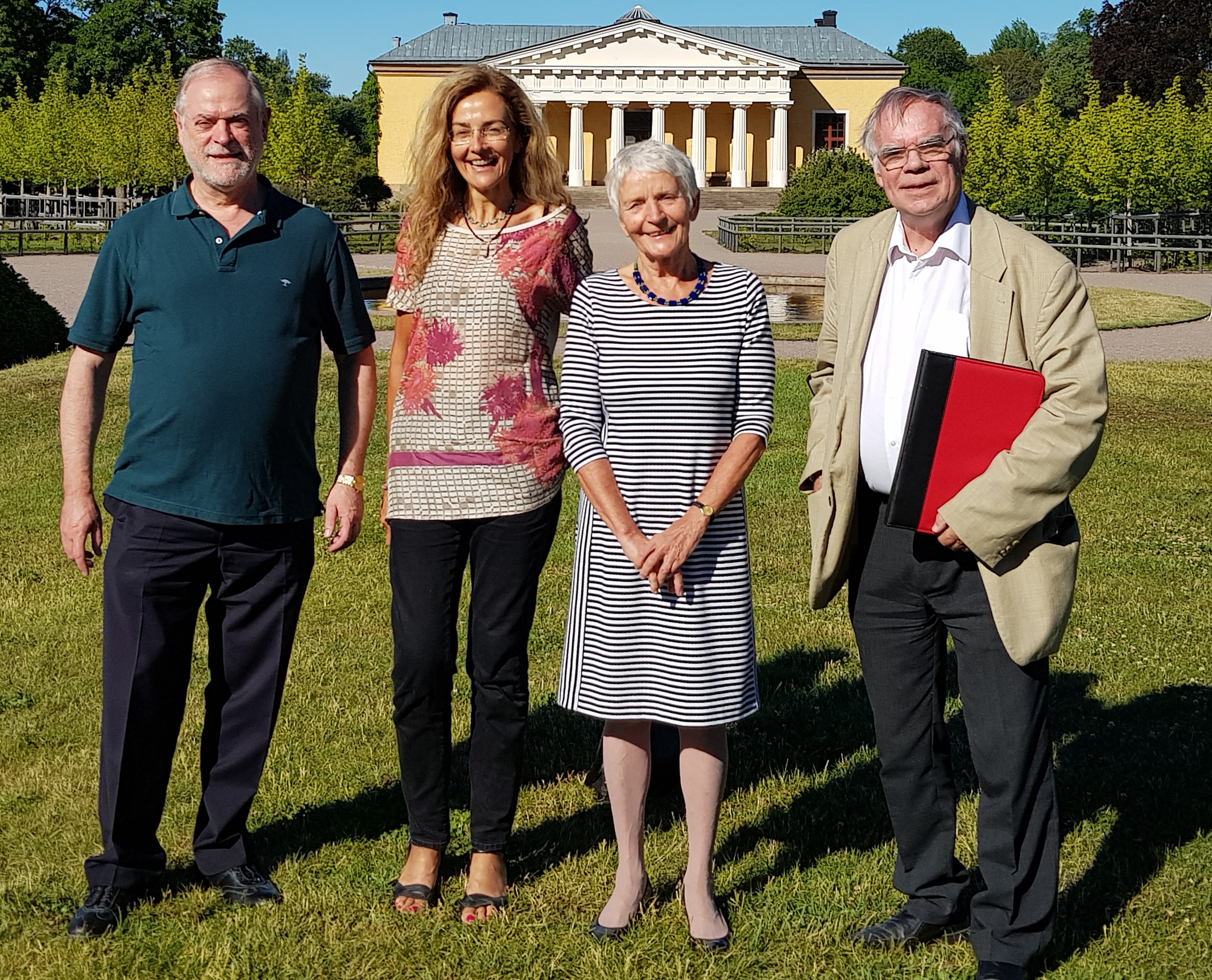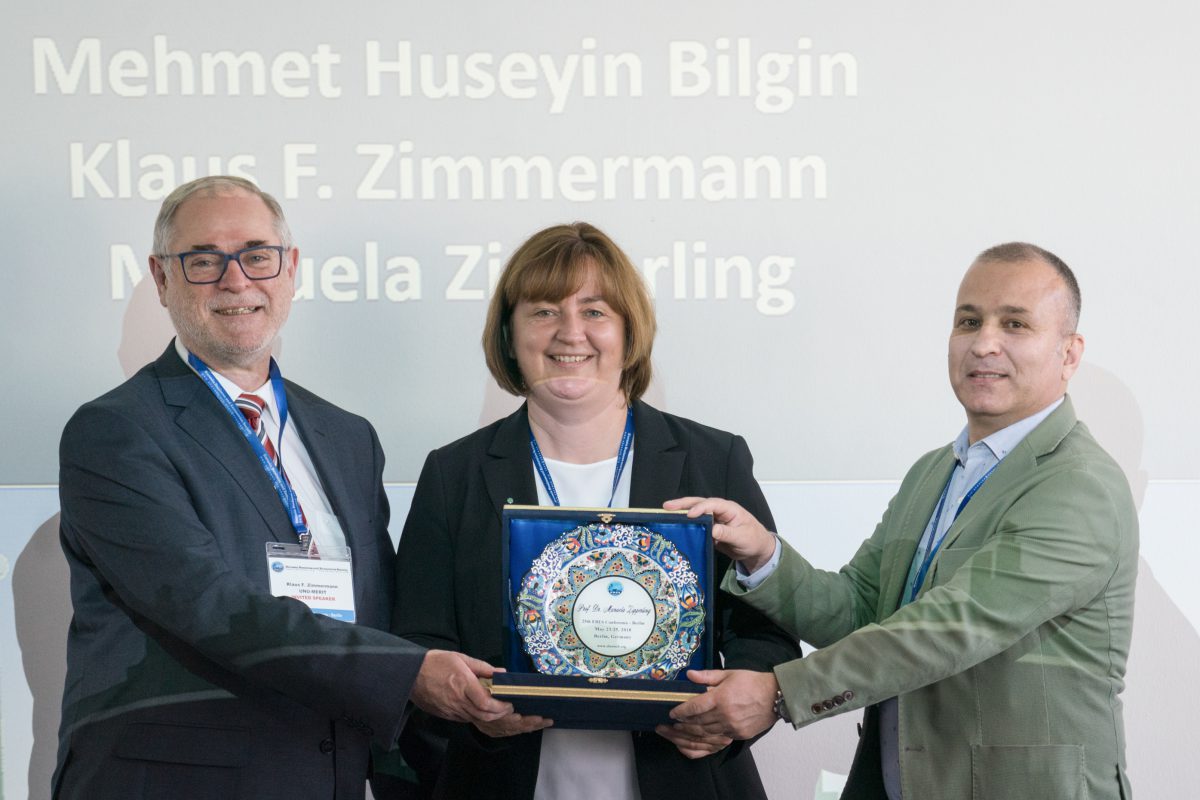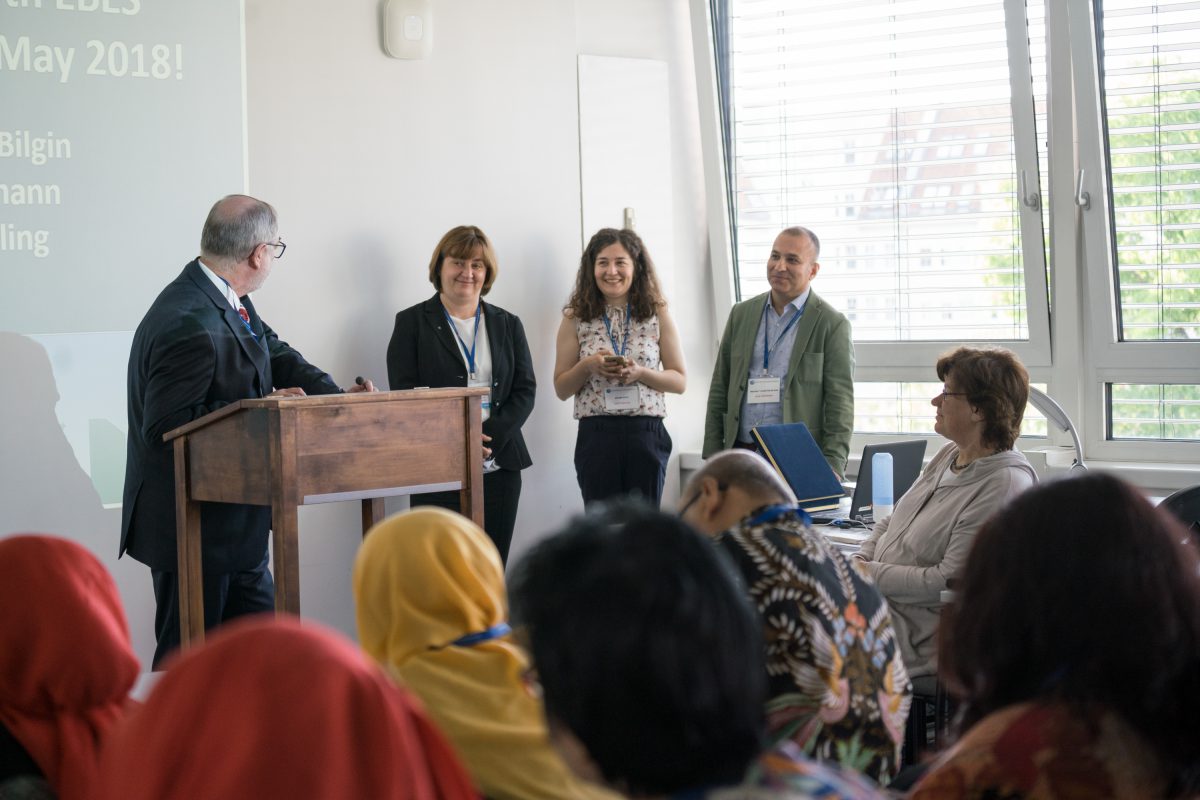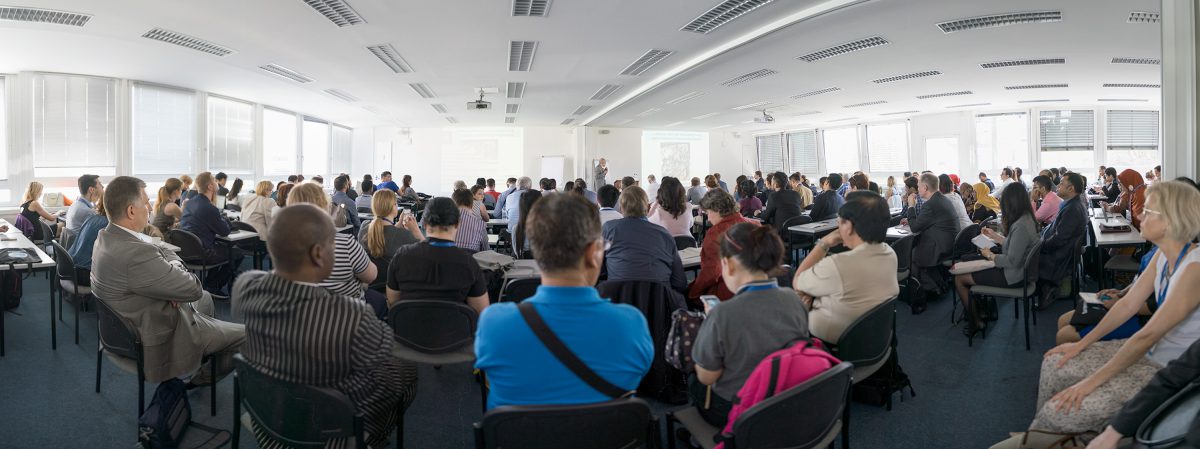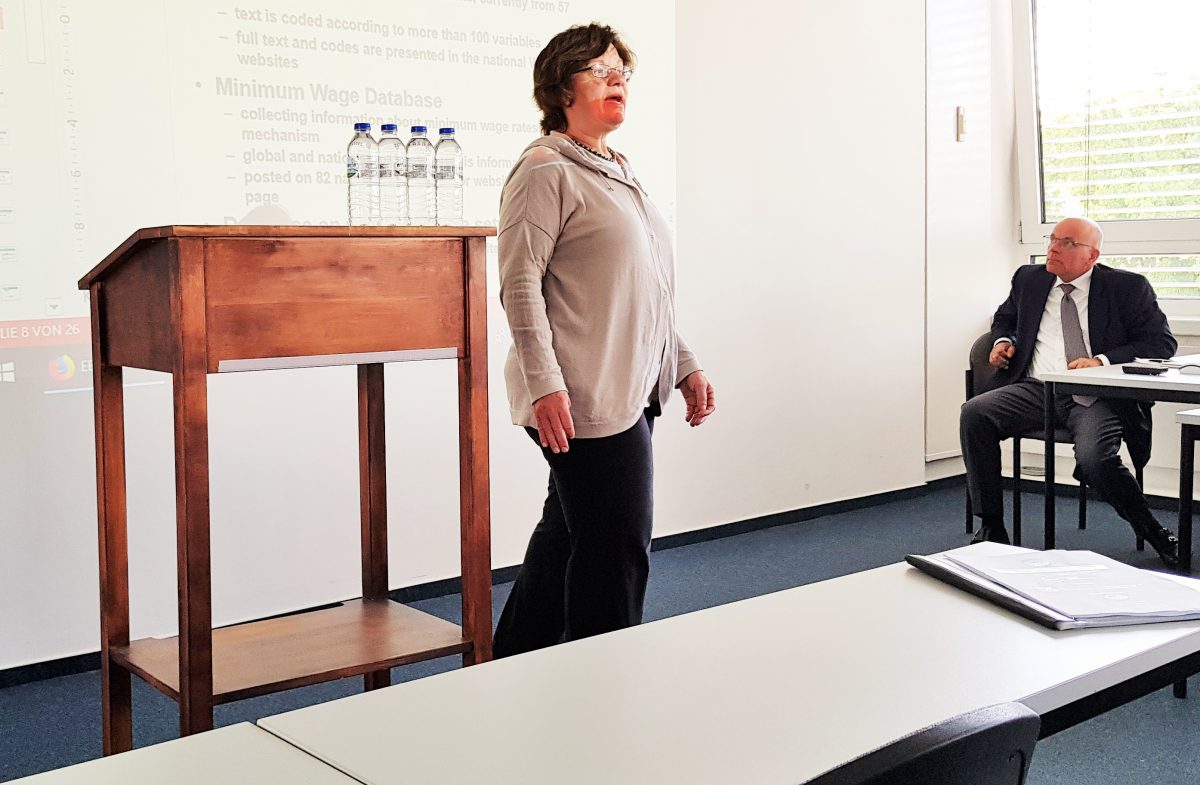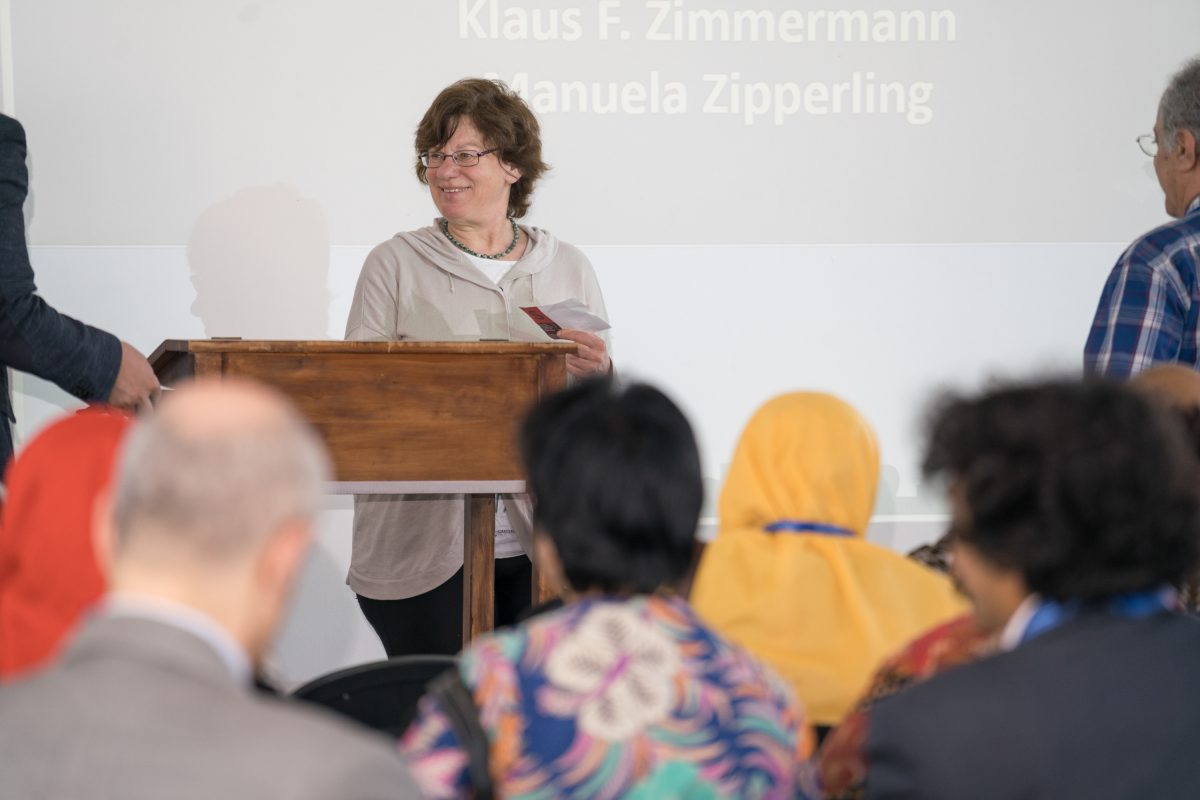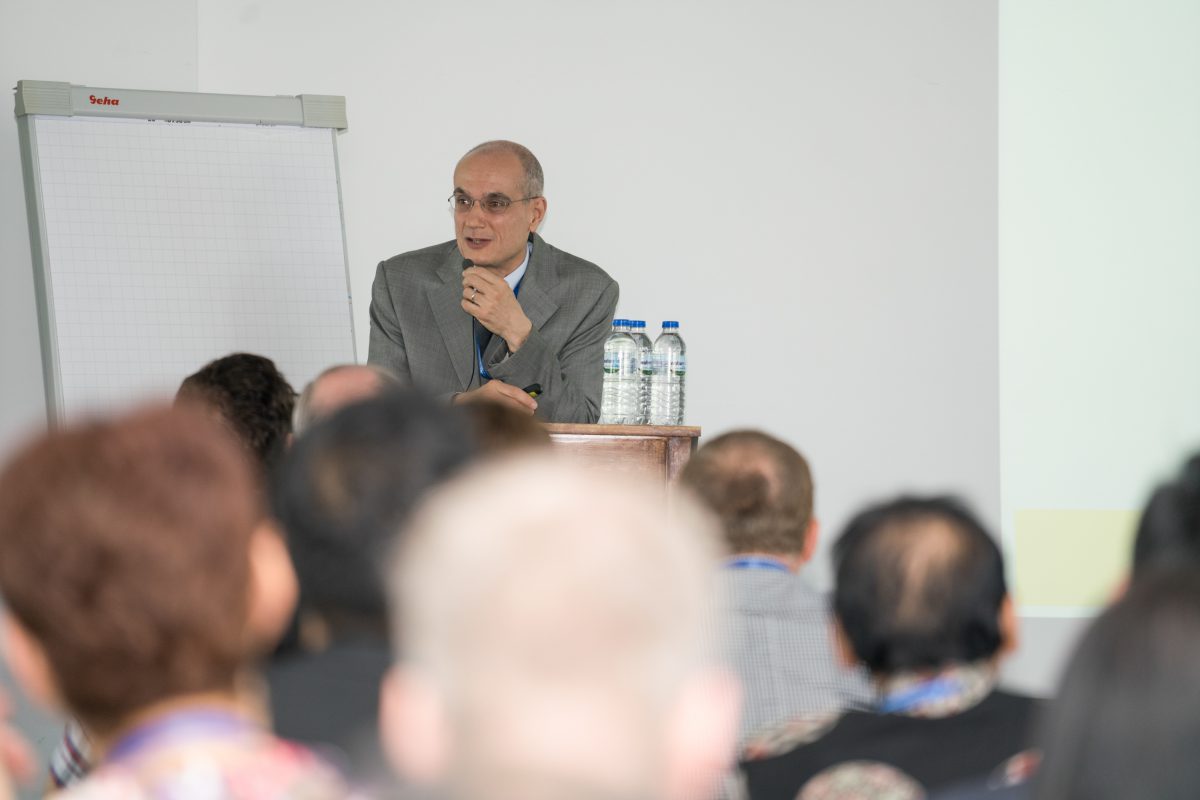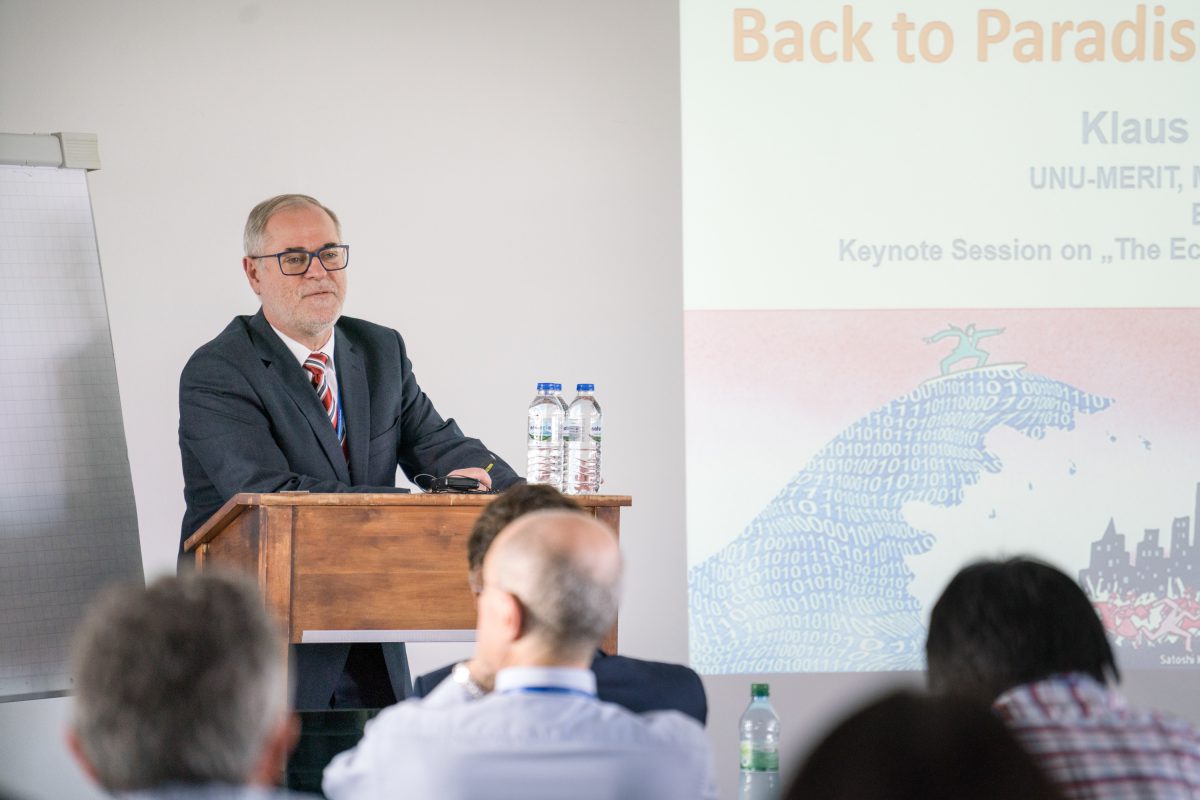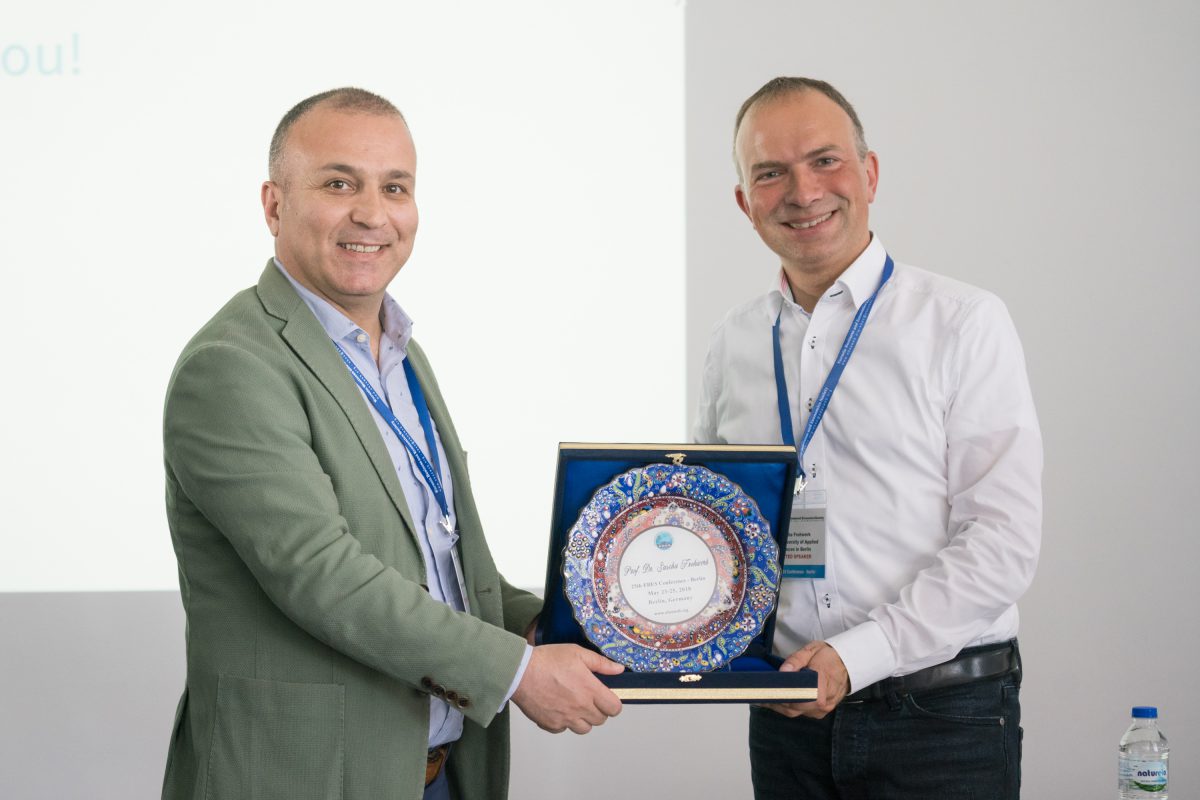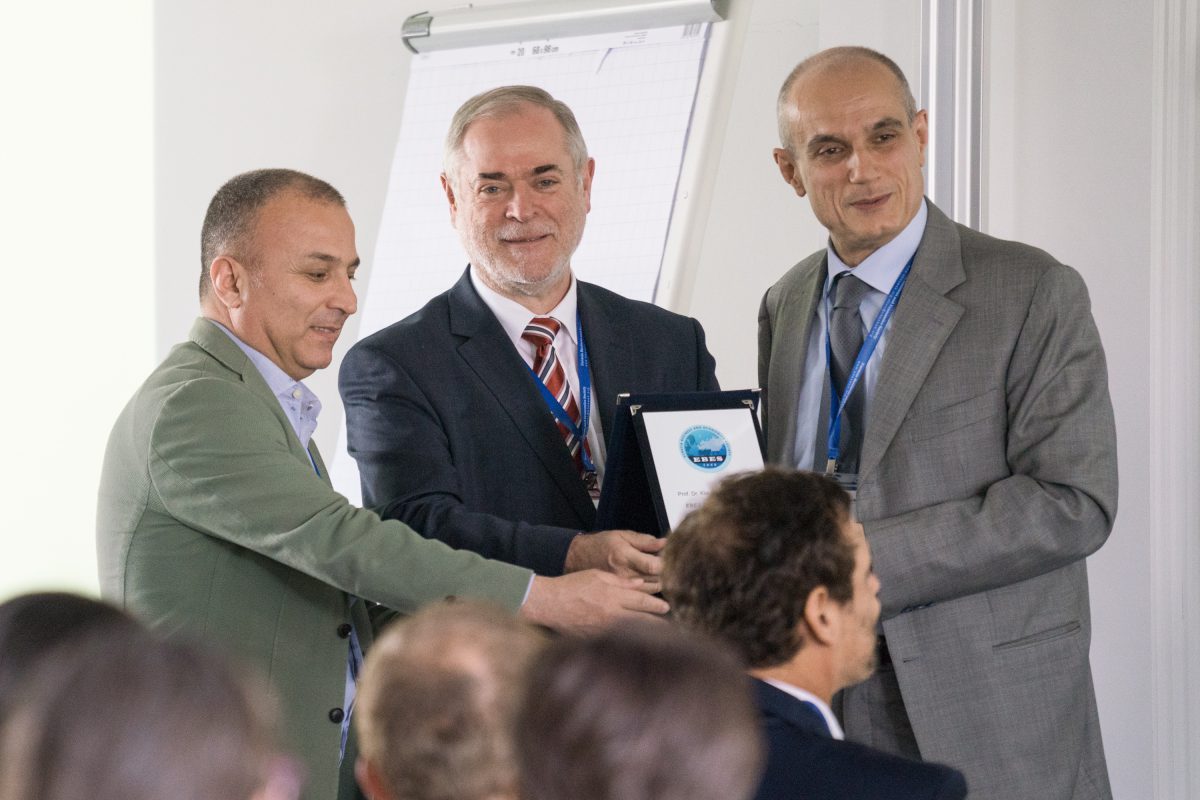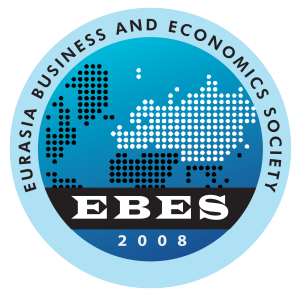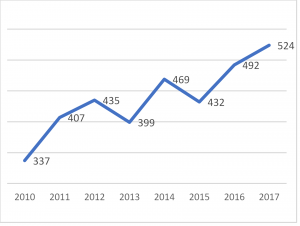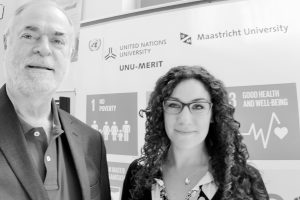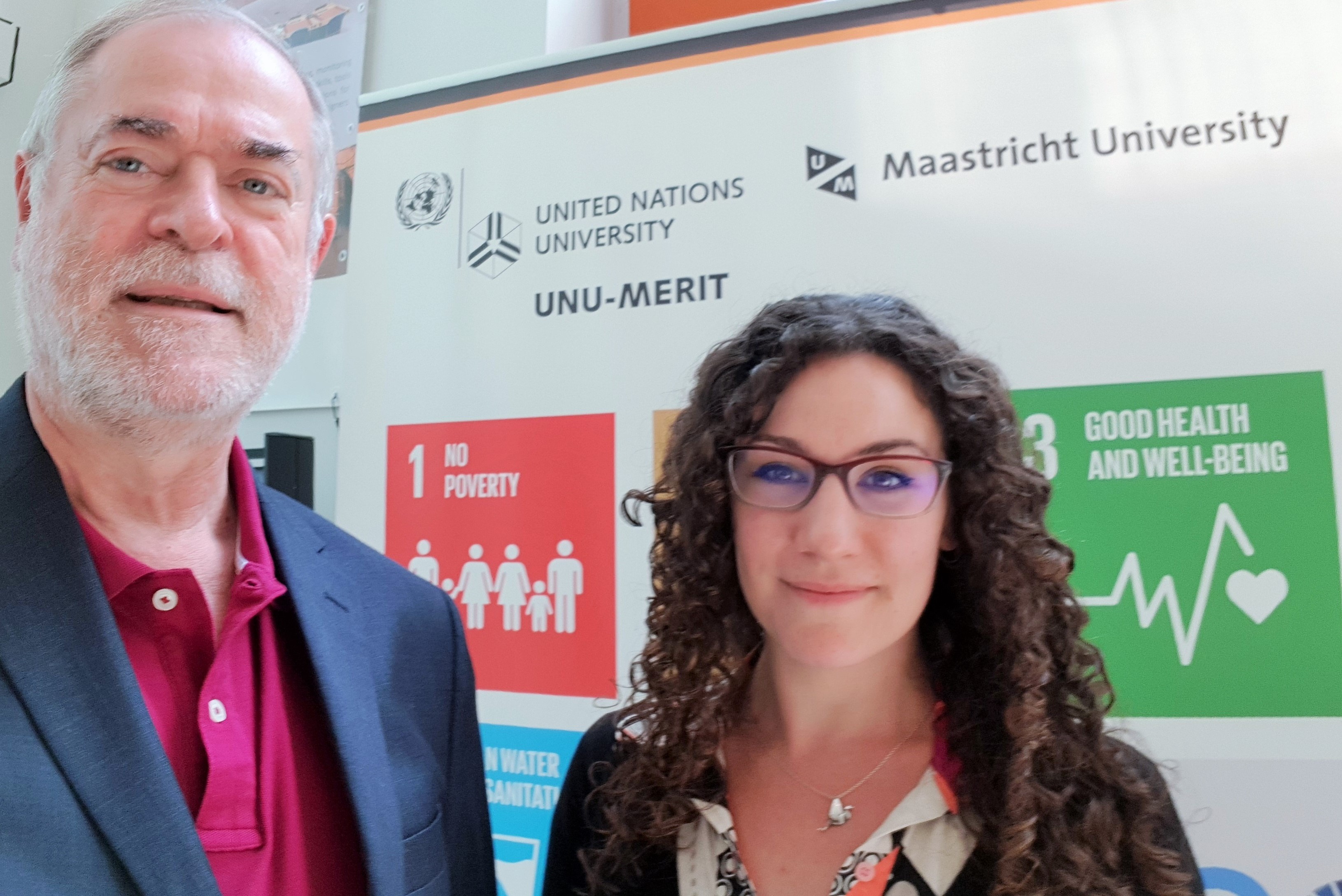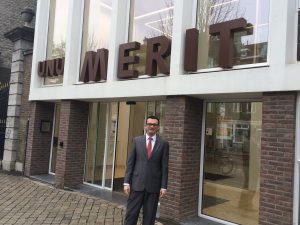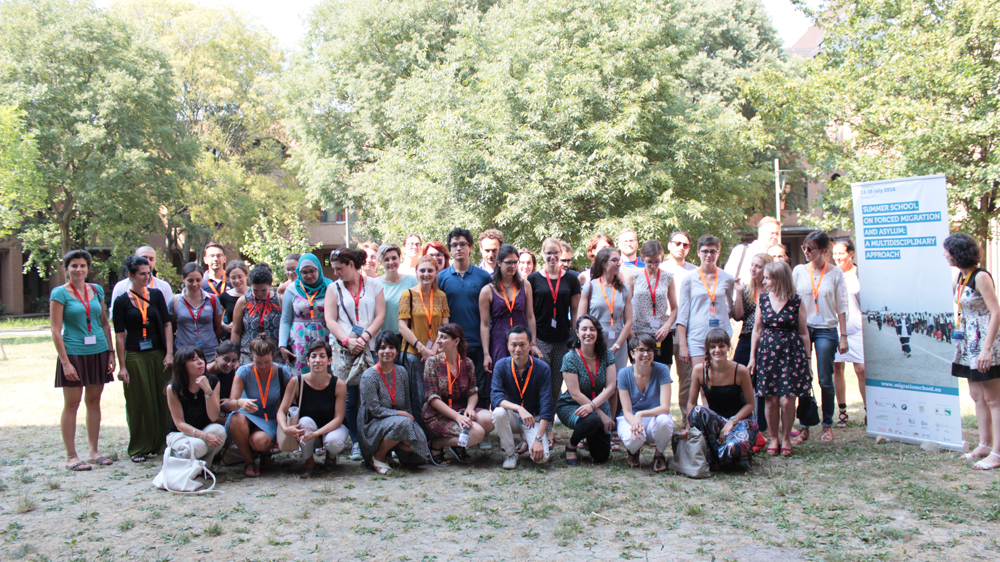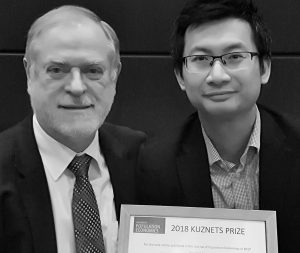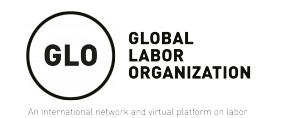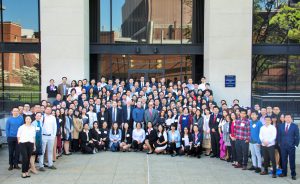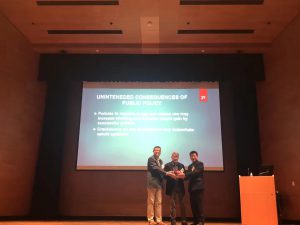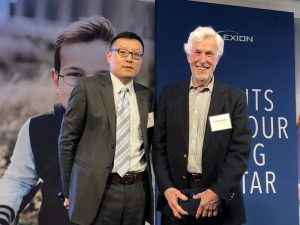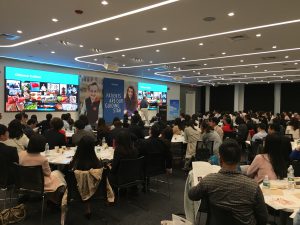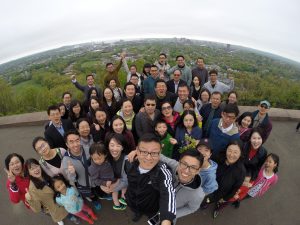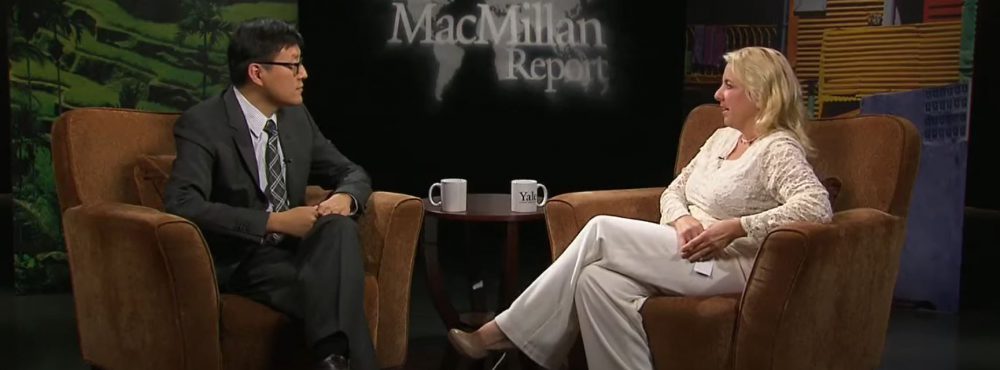The discussion paper of the month examines the potentials multiple language skills have for employment and wages in a globalized world. The research finds in the context of an open and multilingual economy that language training improves employability, but the skills are not sufficiently rewarded by higher wages.
GLO Discussion Papers are research and policy papers of the GLO Network which are widely circulated to encourage discussion. Provided in cooperation with EconStor, a service of the ZBW – Leibniz Information Centre for Economics, GLO Discussion Papers are among others listed in RePEc (see IDEAS, EconPapers). Complete list of all GLO DPs downloadable for free.
GLO Discussion Paper of the Month: December
Discussion Paper No. 289 Evaluation of Language Training Programs in Luxembourg using Principal Stratification – Download PDF
by Bia, Michela & Flores-Lagunes, Alfonso & Mercatanti, Andrea

Abstract: In a world increasingly globalized, multiple language skills can create more employment opportunities. Several countries include language training programs in active labor market programs for the unemployed. We analyze the effects of a language training program on the re-employment probability and hourly wages of the unemployed simultaneously, using high quality administrative data from Luxembourg. We address selection into training by exploiting the rich administrative information available, and account for the complication that wages are “truncated” by unemployment by adopting a principal stratification framework. Estimation is undertaken with a mixture model likelihood-based approach. To improve inference, we use the individual’s hours worked as a secondary outcome and a stochastic dominance assumption. These two features considerably ameliorate the multimodality problem commonly encountered in mixture models. We also conduct sensitivity analysis to assess the unconfoundedness assumption employed. Our results strongly suggest a positive effect (of up to 12.7 percent) of the language training programs on the re-employment probability, but no effects on wages for those who are observed employed regardless of training participation. It appears that, in the context of an open and multilingual economy, language training improve employability but the language skills acquired are not sufficiently rewarded to be reflected in higher wages.
GLO Discussion Papers of December 2018
Titles and free access/links to GLO Discussion Papers
289 Evaluation of Language Training Programs in Luxembourg using Principal Stratification – Download PDF
by Bia, Michela & Flores-Lagunes, Alfonso & Mercatanti, Andrea
288 Bounds on Average and Quantile Treatment Effects on Duration Outcomes under Censoring, Selection, and Noncompliance – Download PDF
by Blanco, German & Chen, Xuan & Flores, Carlos A. & Flores-Lagunes, Alfonso
287 Anti-Migration as a Threat to Internationalization? A Review of the Migration-Internationalization Literature – Download PDF
by Hatzigeorgiou, Andreas & Lodefalk, Magnus
286 Some unpleasant consequences of testing at length – Download PDF
by Brunello, Giorgio & Crema, Angela & Rocco, Lorenzo
285 Does Money Relieve Depression? Evidence from Social Pension Expansions in China – Download PDF
by Chen, Xi & Wang, Tianyu & Busch, Susan H.
284 Media Attention and Choice of Major: Evidence from Anti-Doctor Violence in China – Download PDF
by Bo, Shiyu & Chen, Y. Joy & Song, Yan & Zhou, Sen
283 Elite School Designation and House Prices – Quasi-experimental Evidence from Beijing, China – Download PDF
by Huang, Bin & He, Xiaoyan & Xu, Lei & Zhu, Yu
282 Commuting Patterns, the Spatial Distribution of Jobs and the Gender Pay Gap in the U.S. – Download PDF
by Gutierrez, Federico H.
281 The Effect of Self-Employment on Income Inequality – Download PDF
by Schneck, Stefan

Magdalena Ulceluse 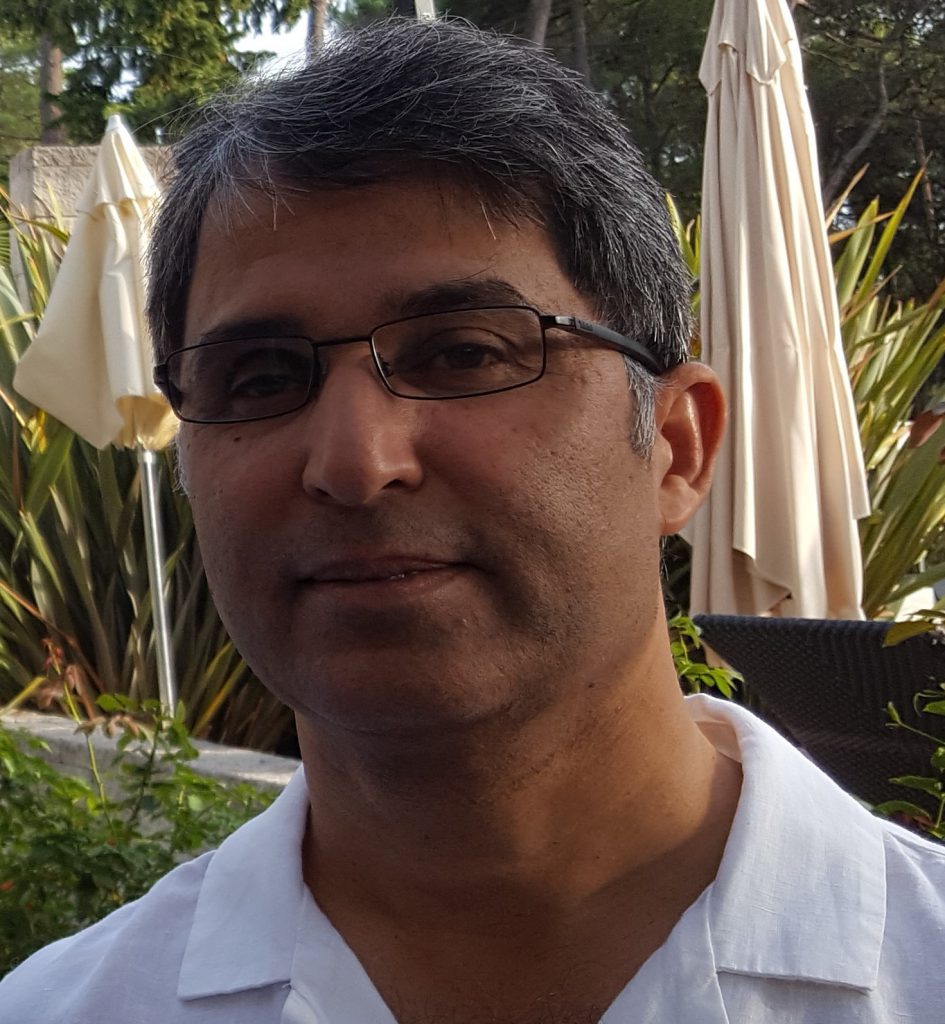
Matloob Piracha 
Klaus F. Zimmermann
GLO DP Team
Senior Editors:
Matloob Piracha (University of Kent) & GLO; Klaus F. Zimmermann (UNU-MERIT, Maastricht University and Bonn University).
Managing Editor: Magdalena Ulceluse, University of Groningen. DP@glabor.org




